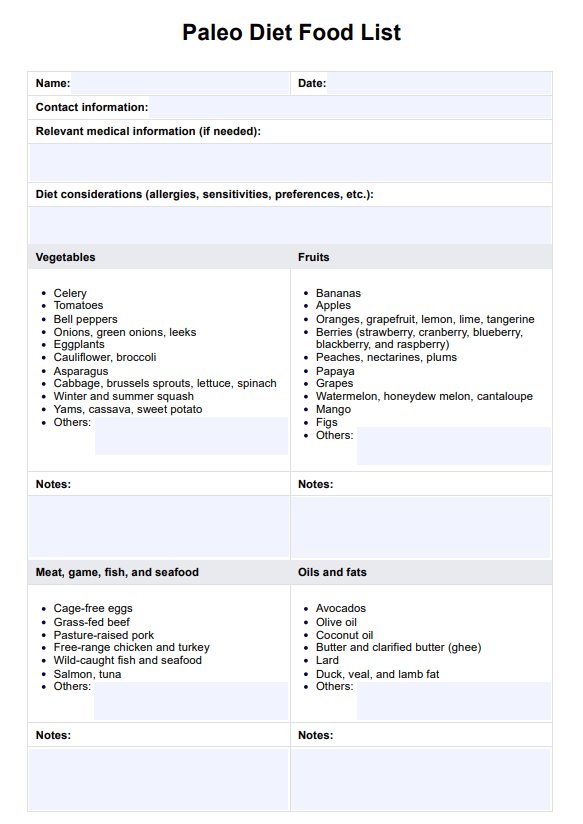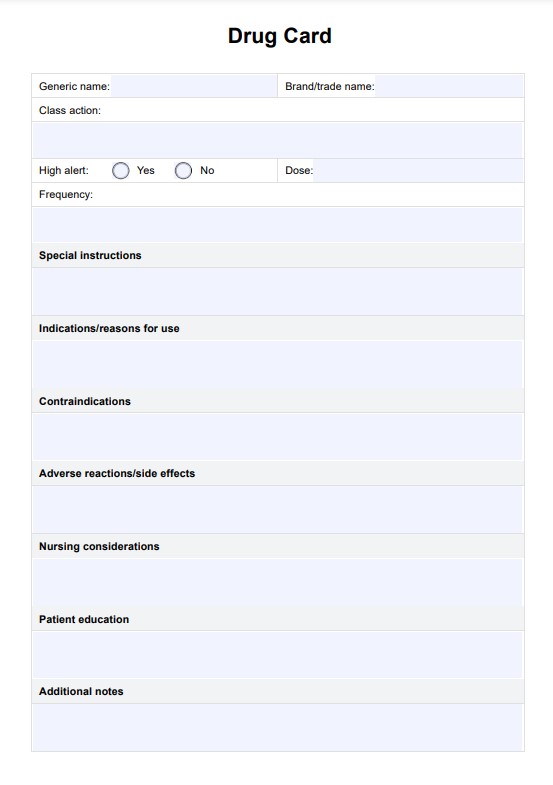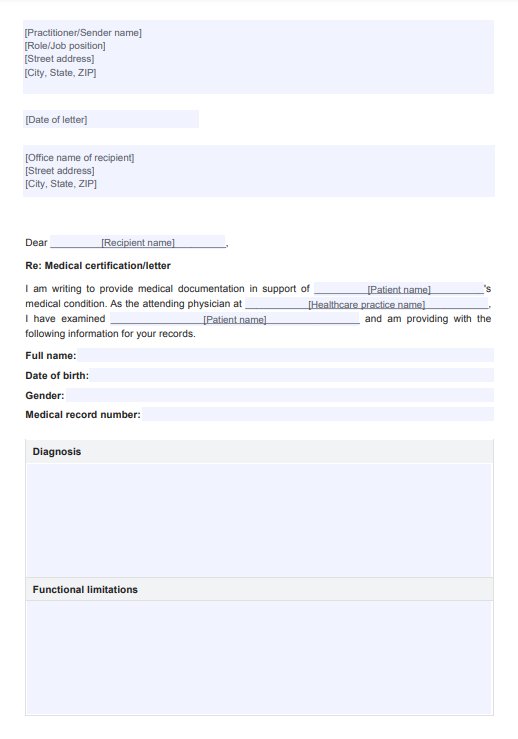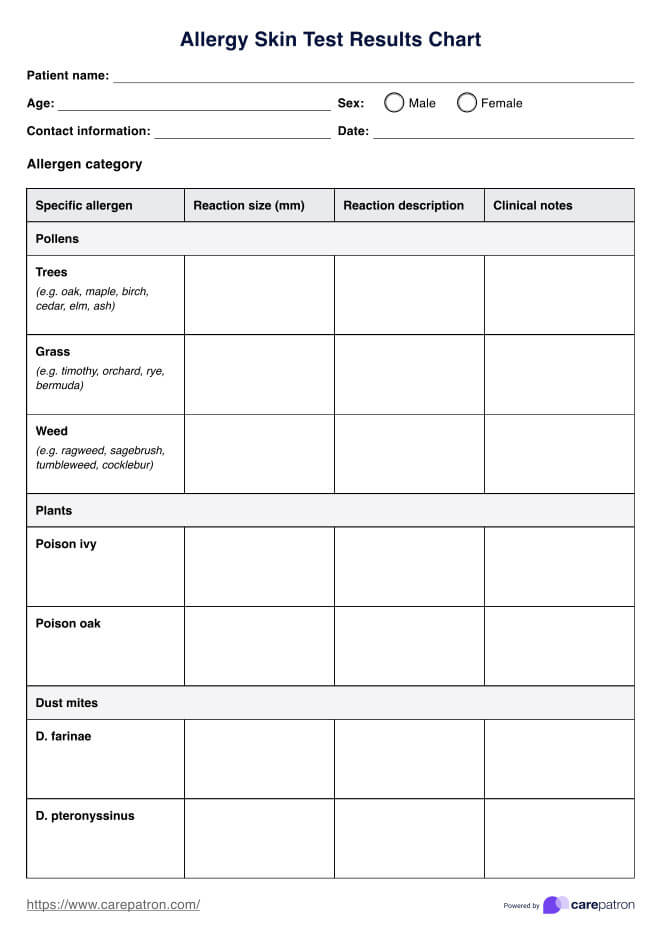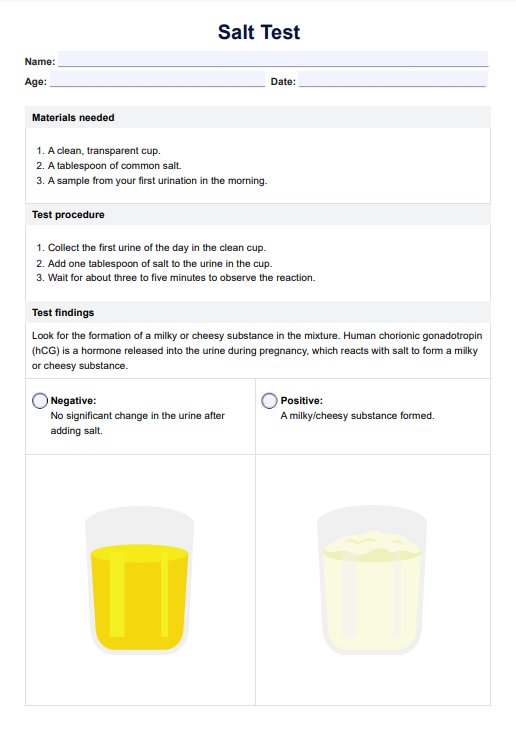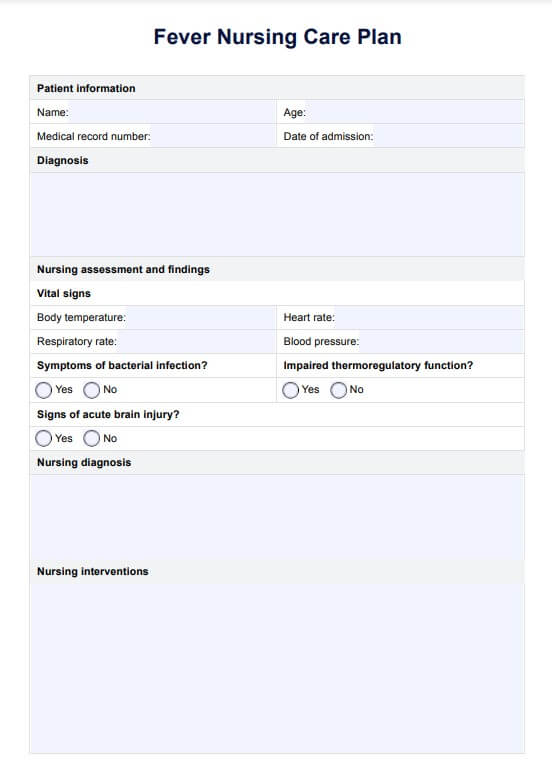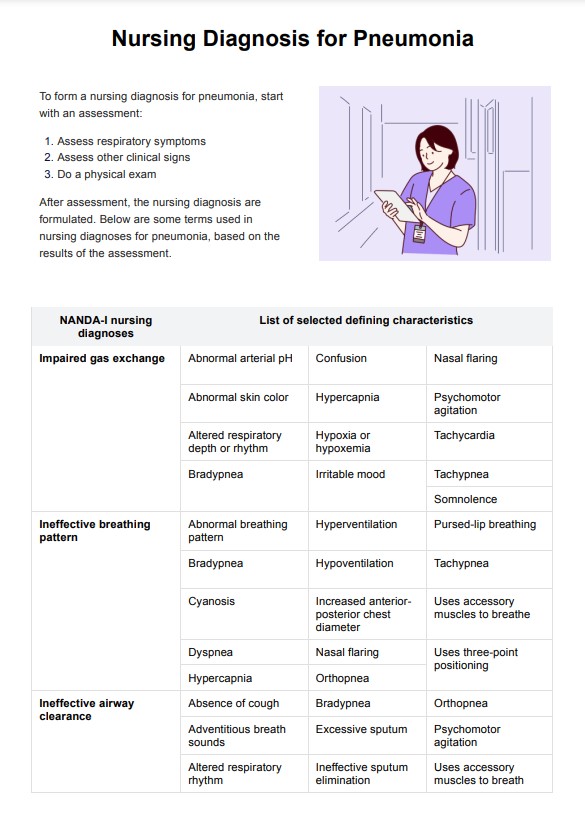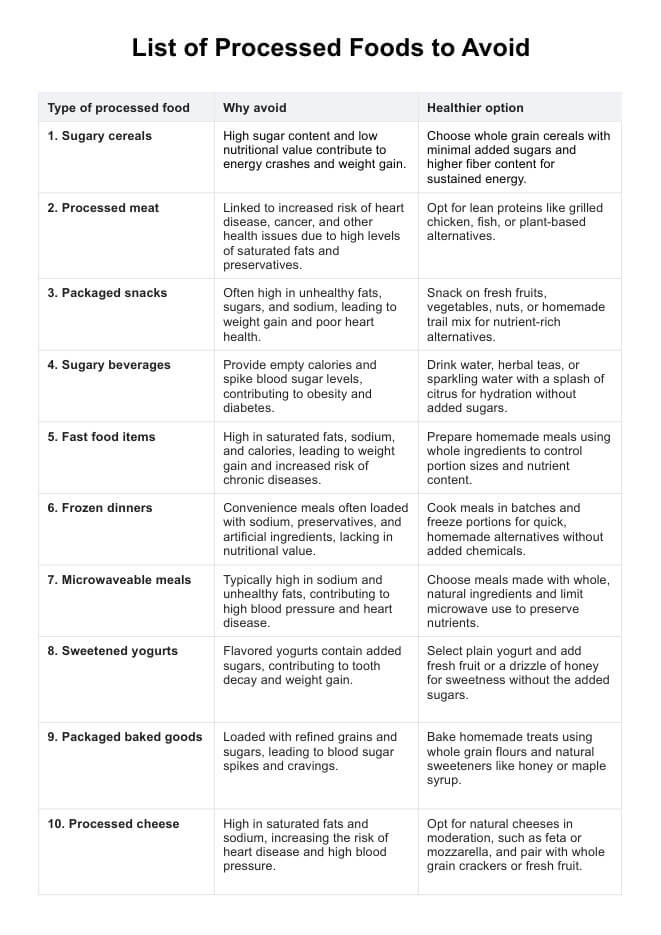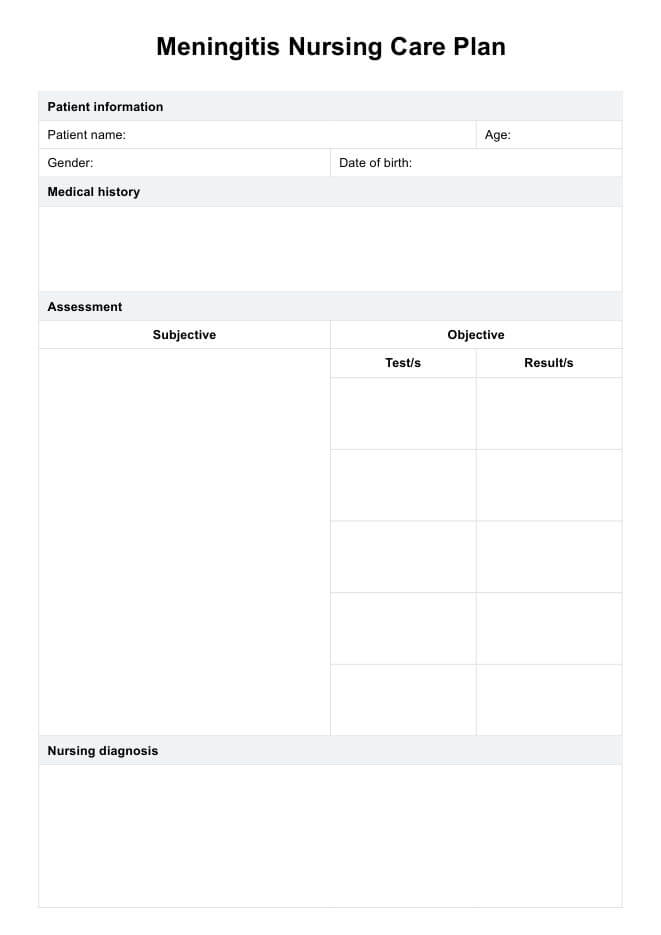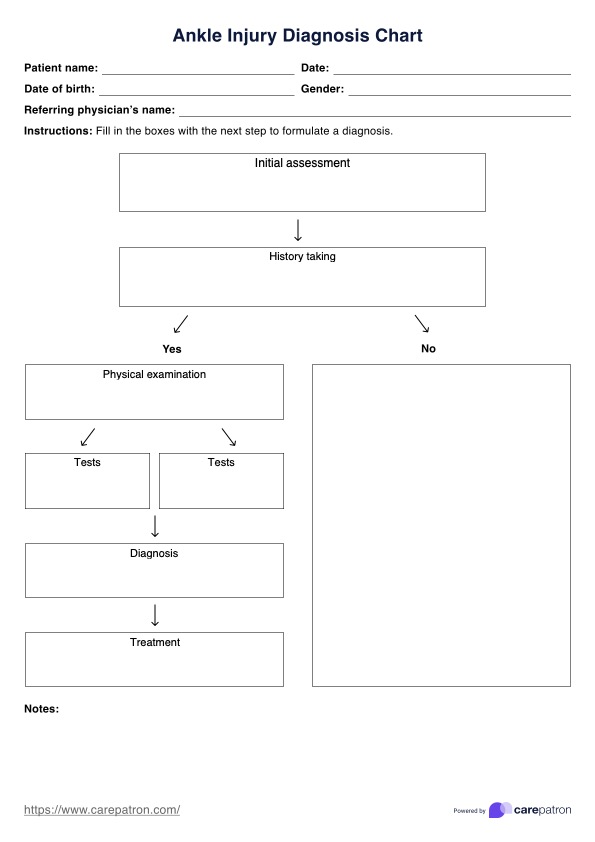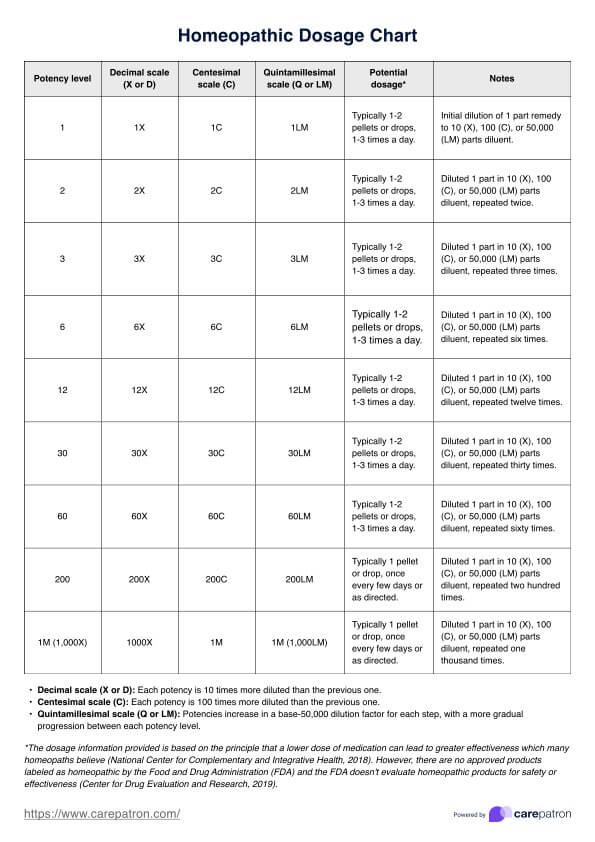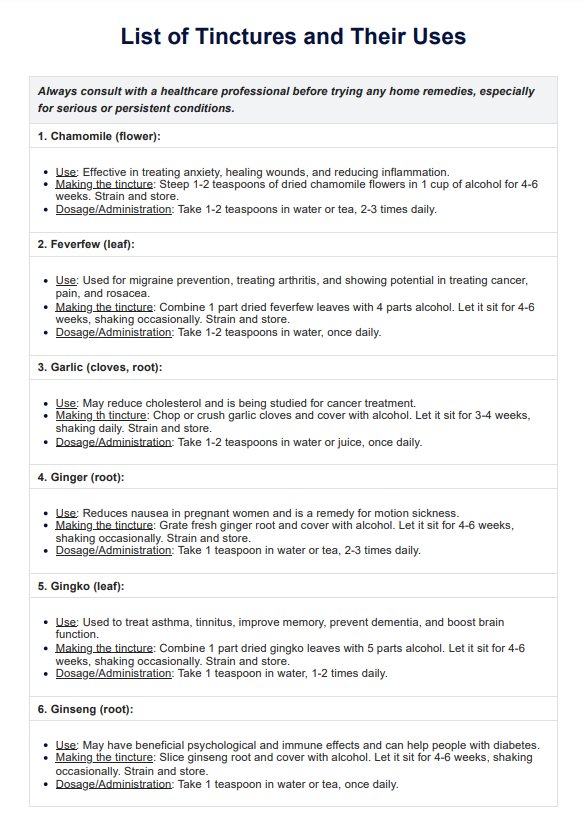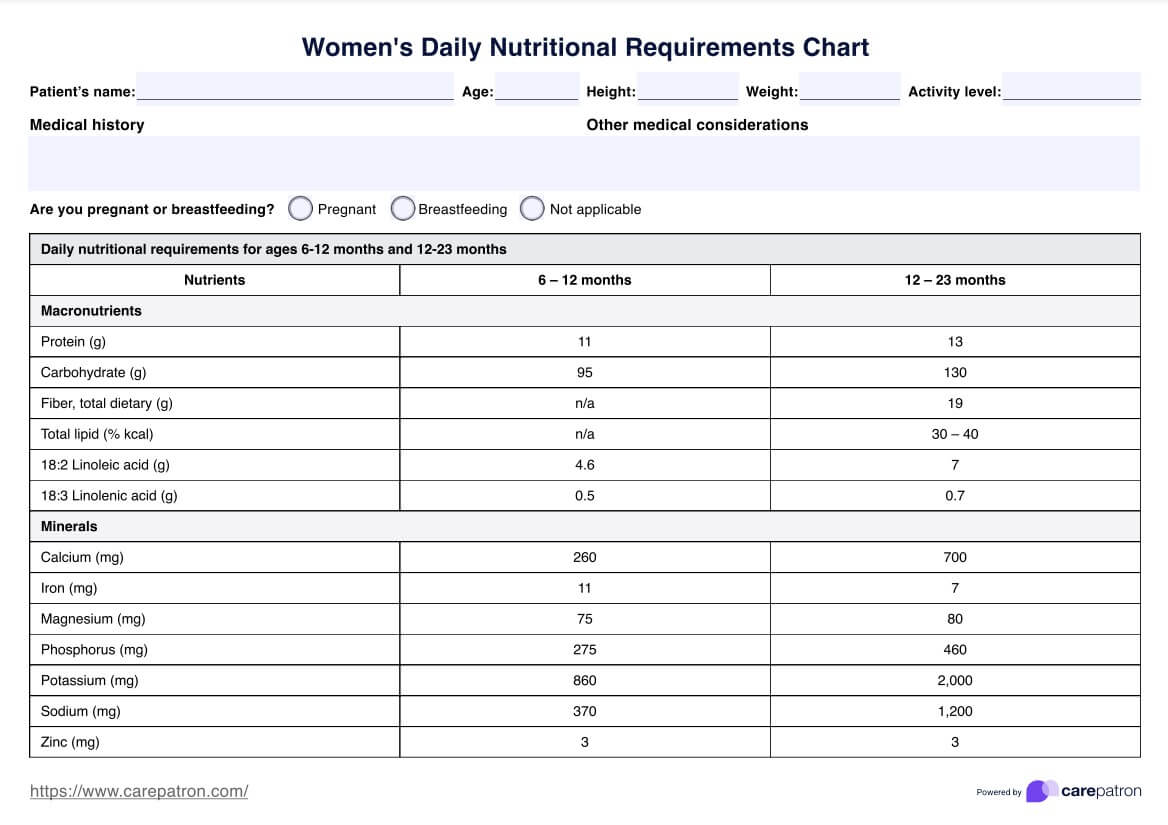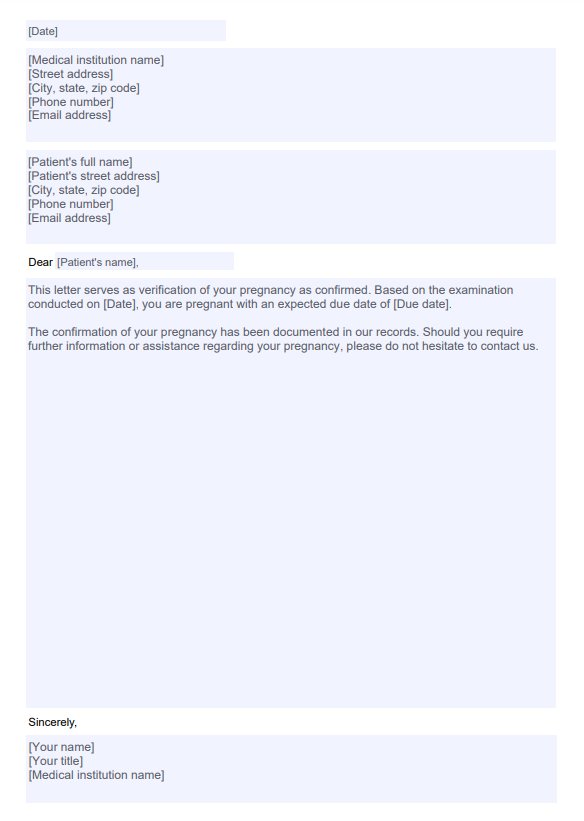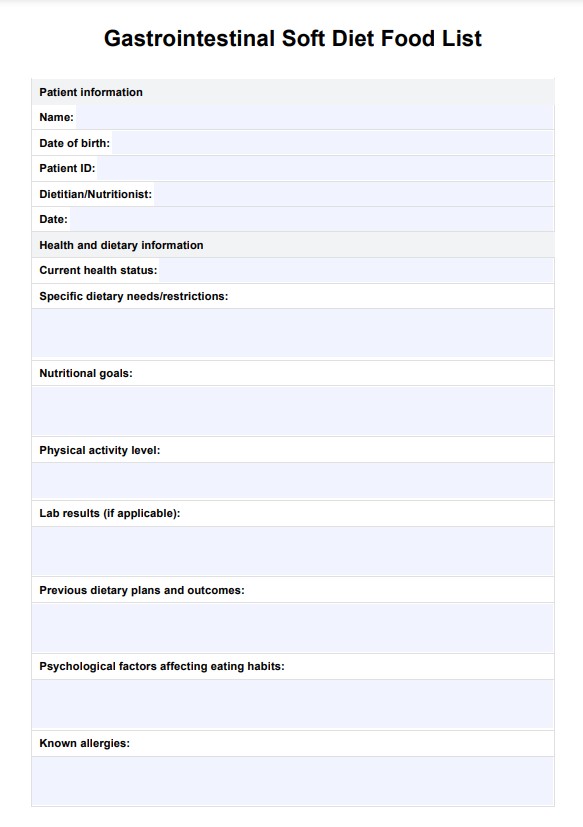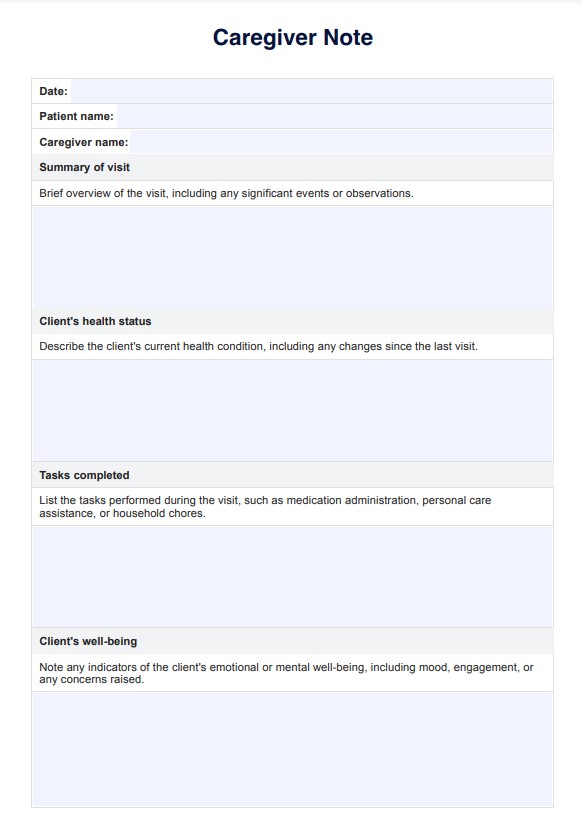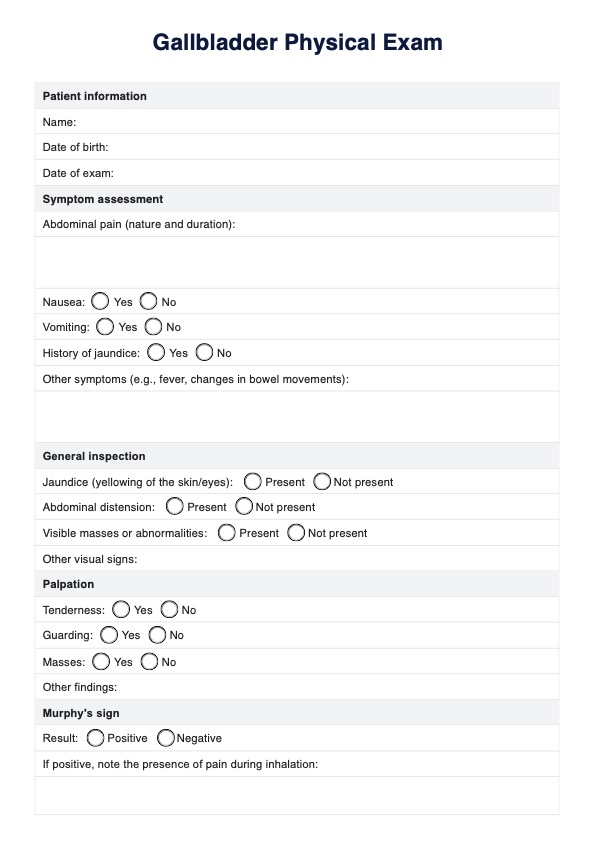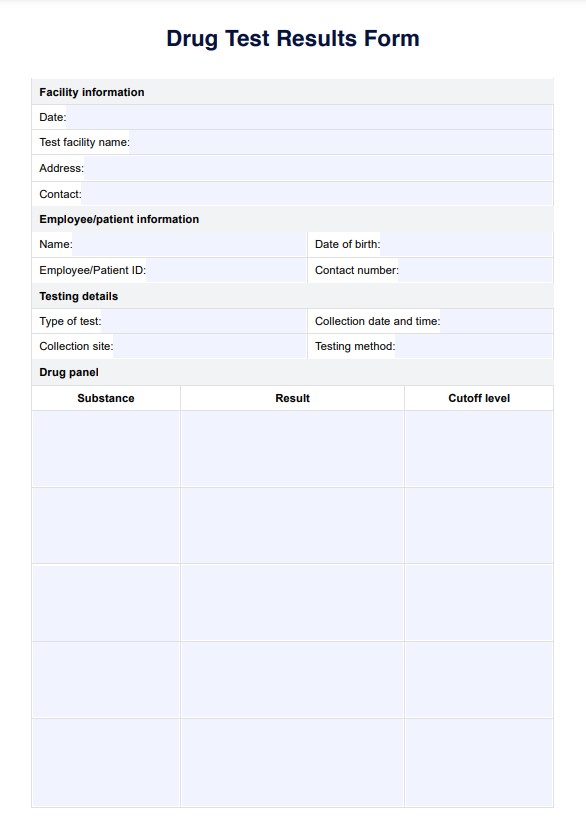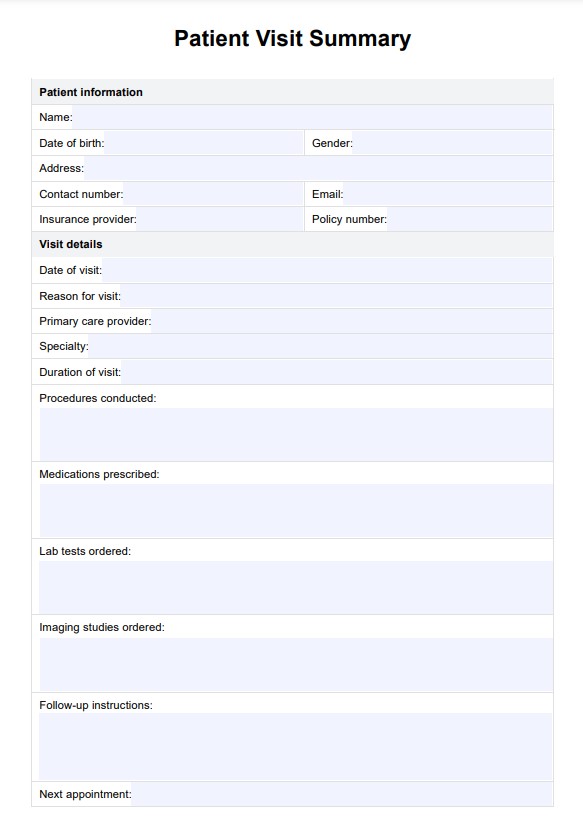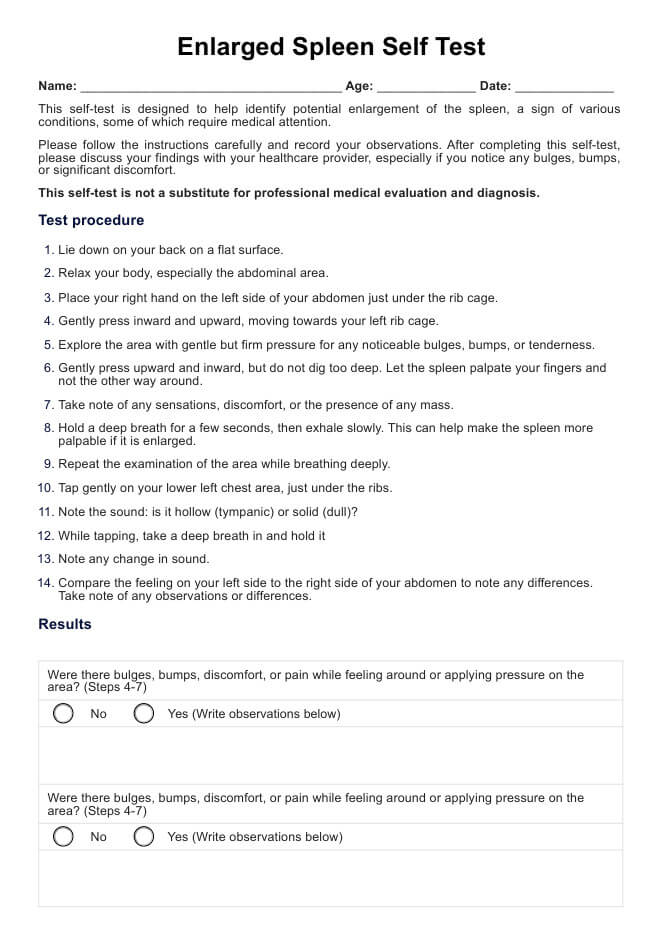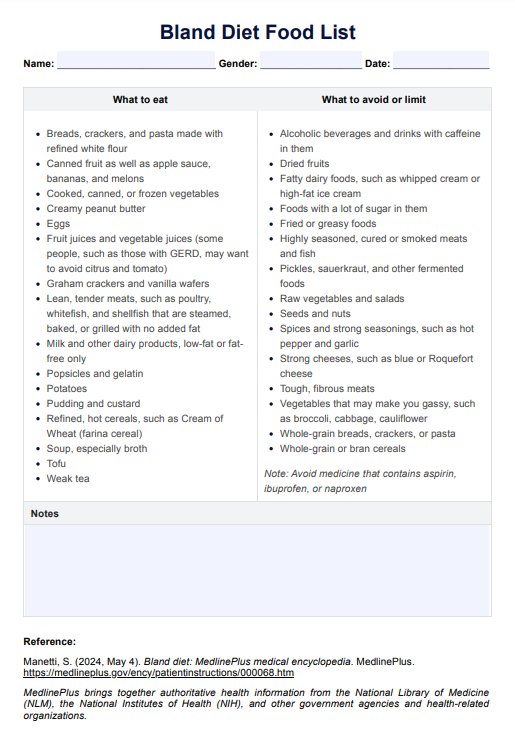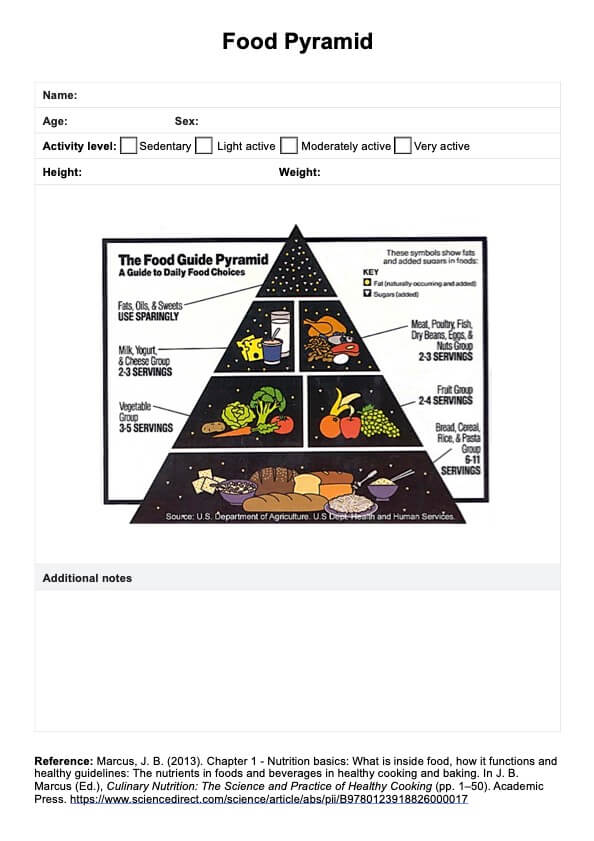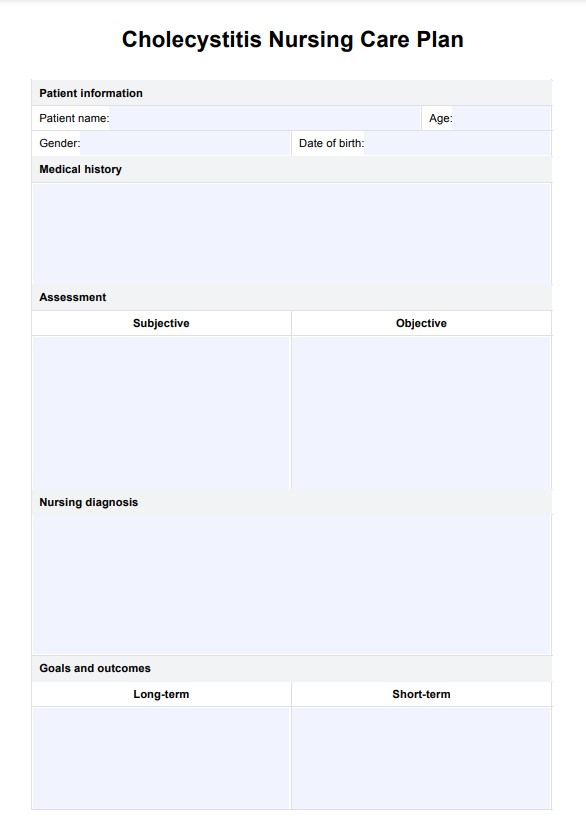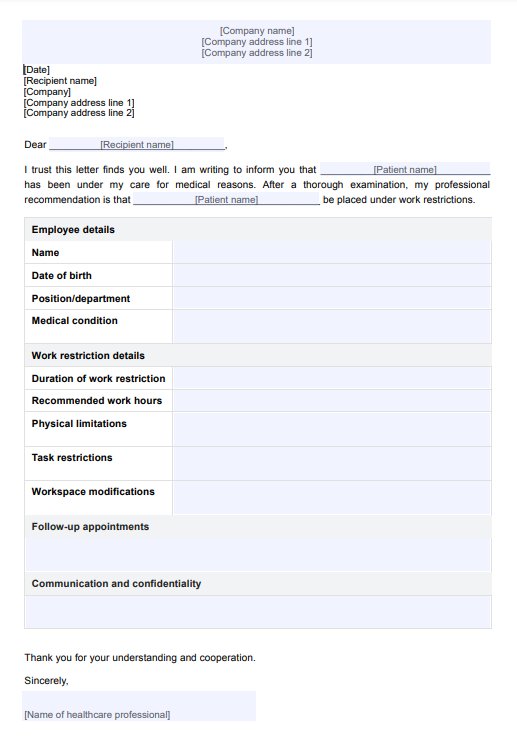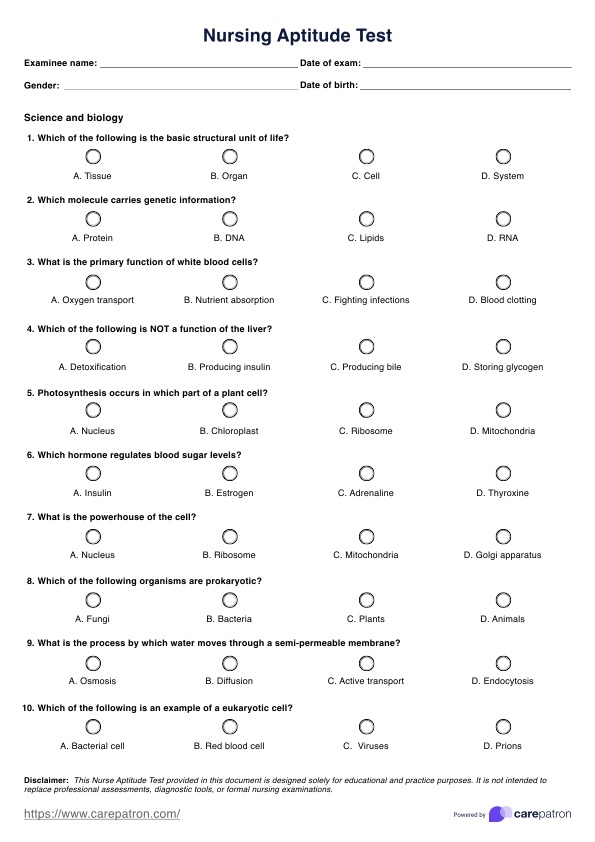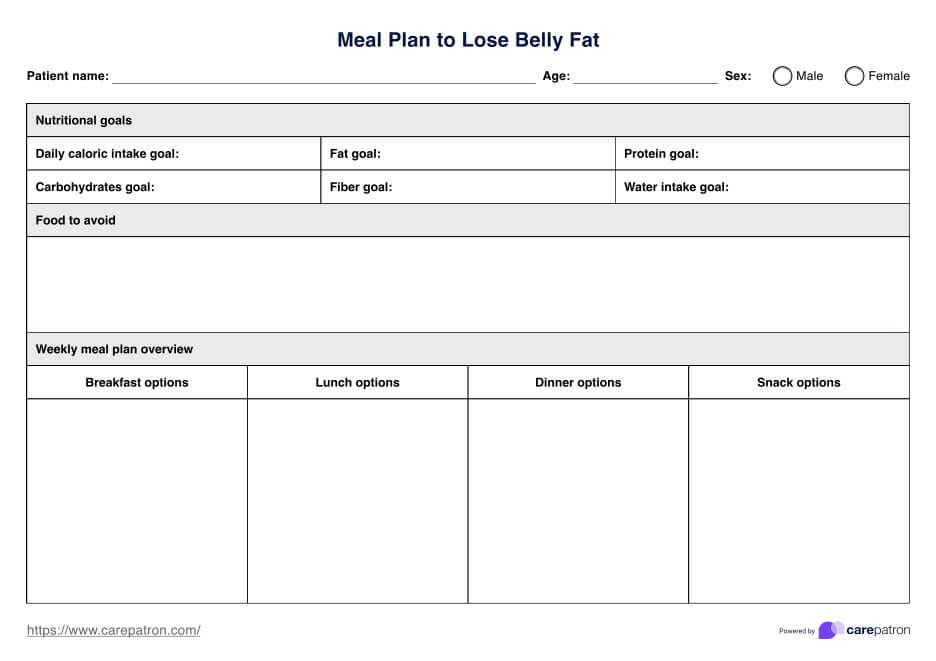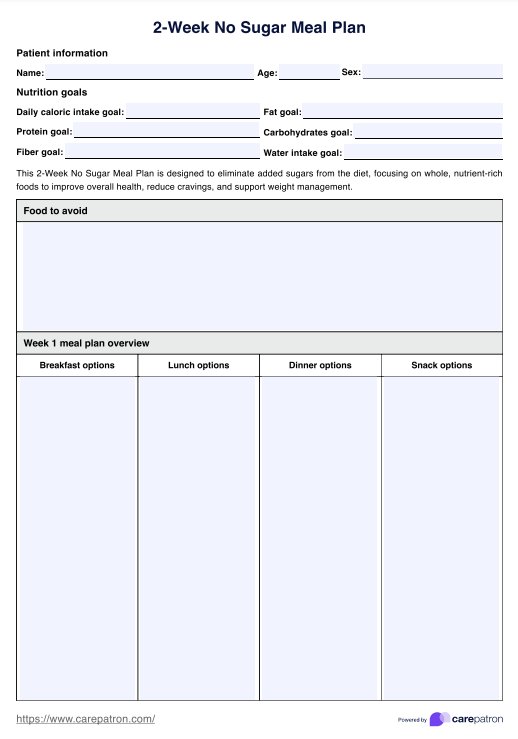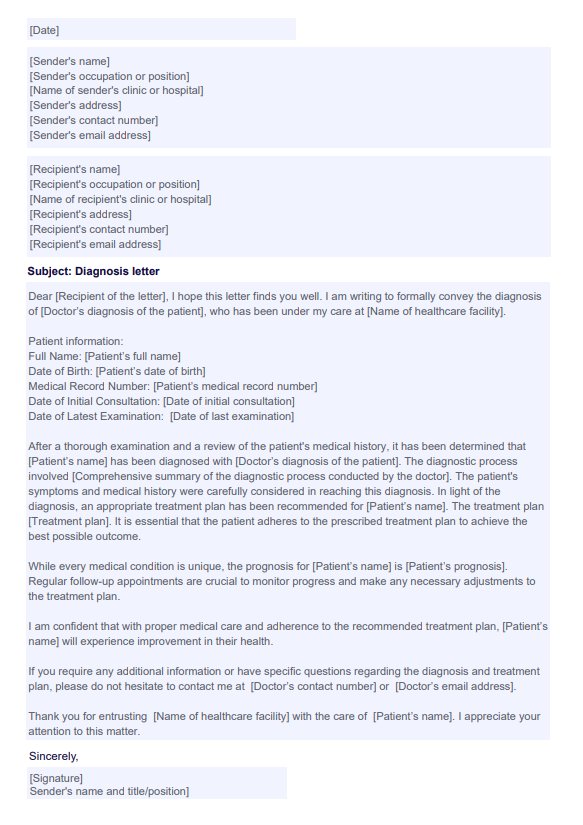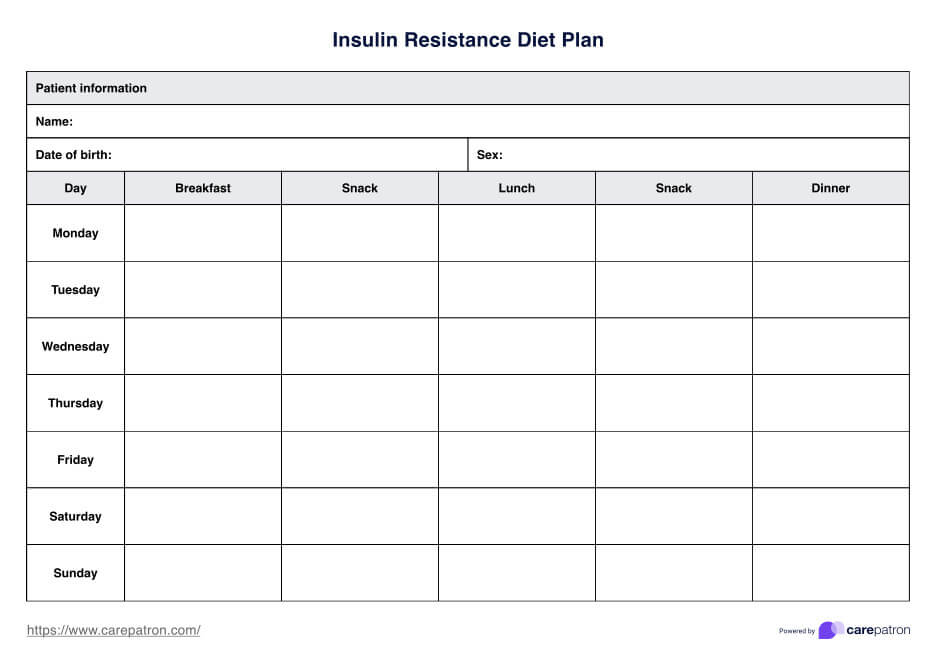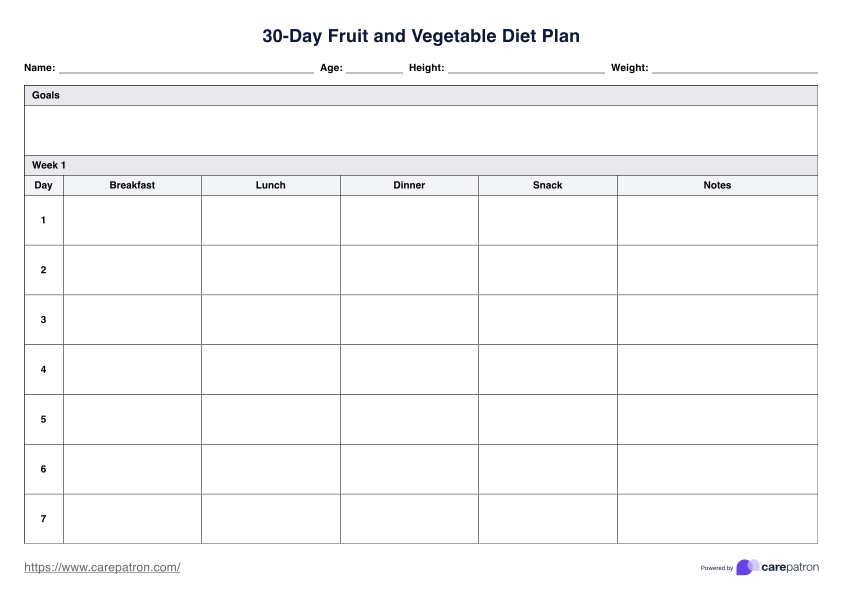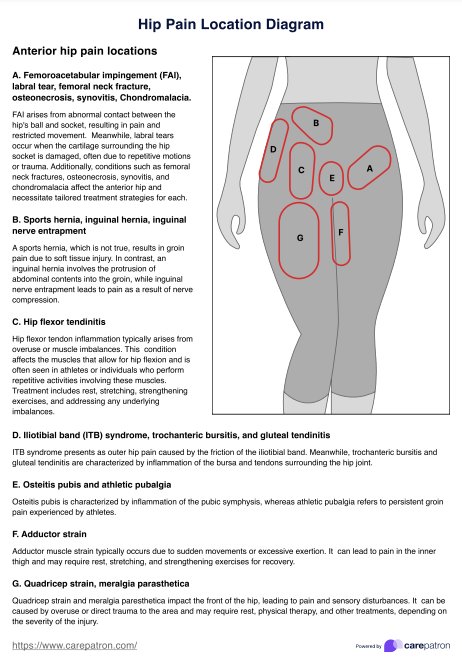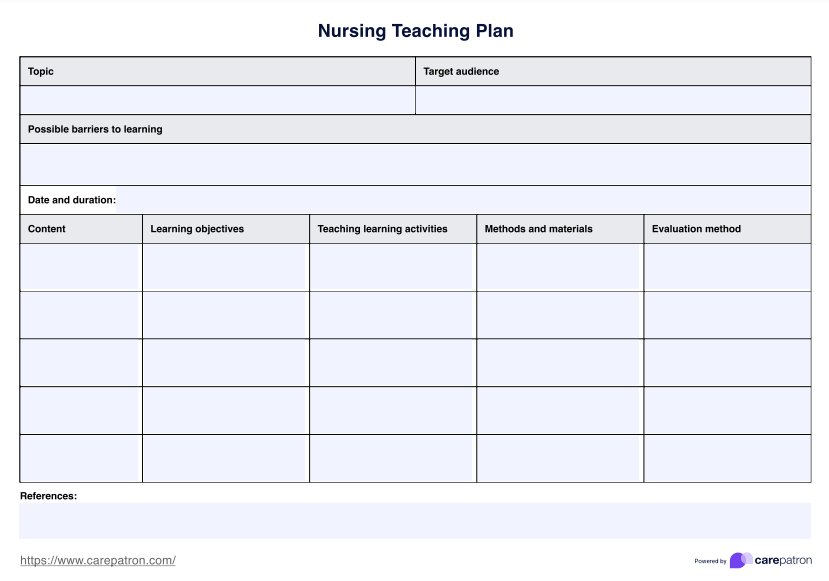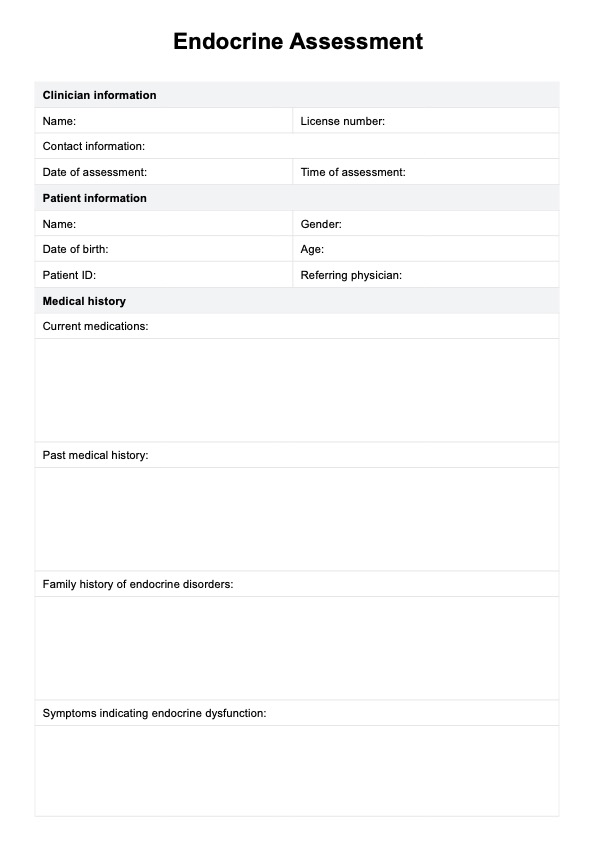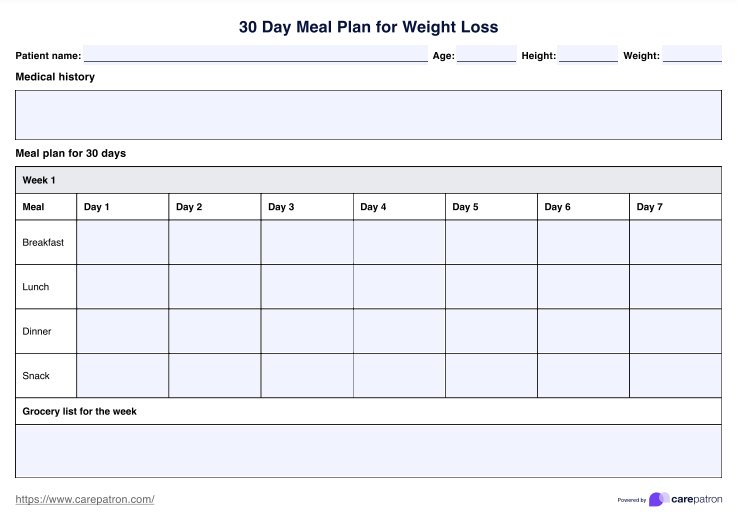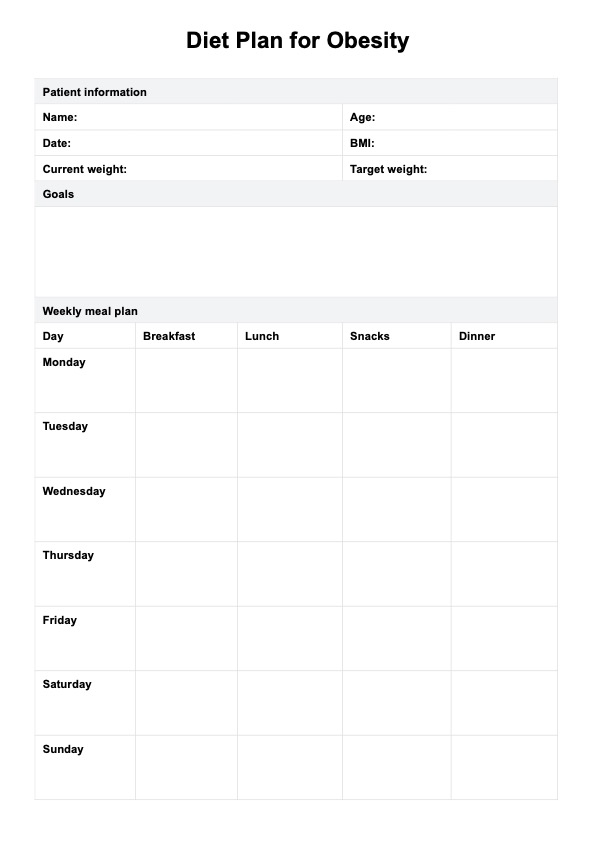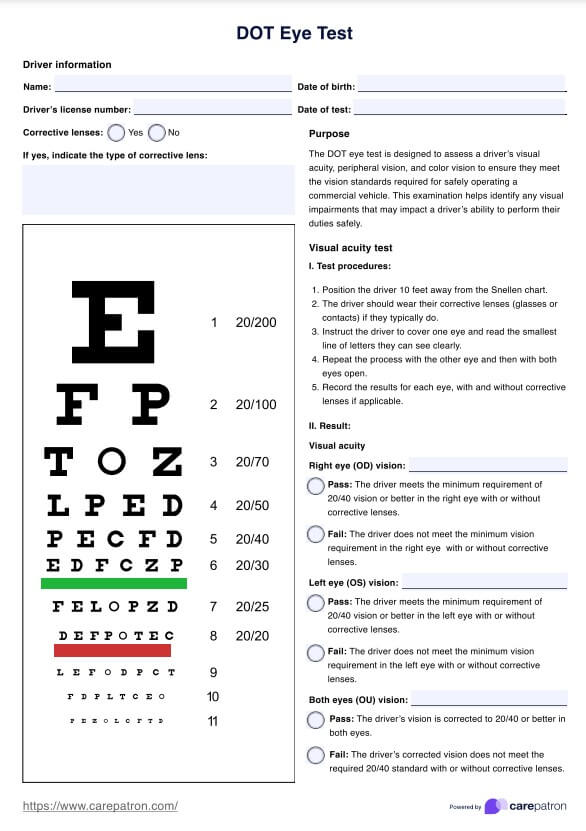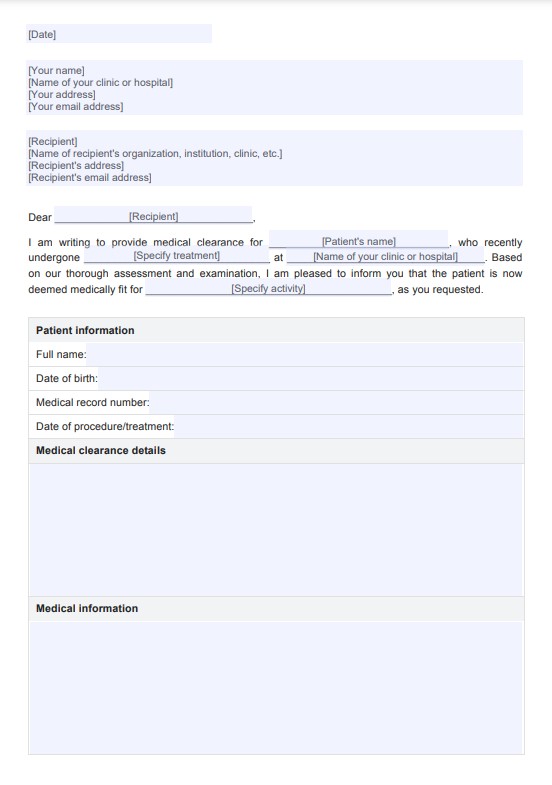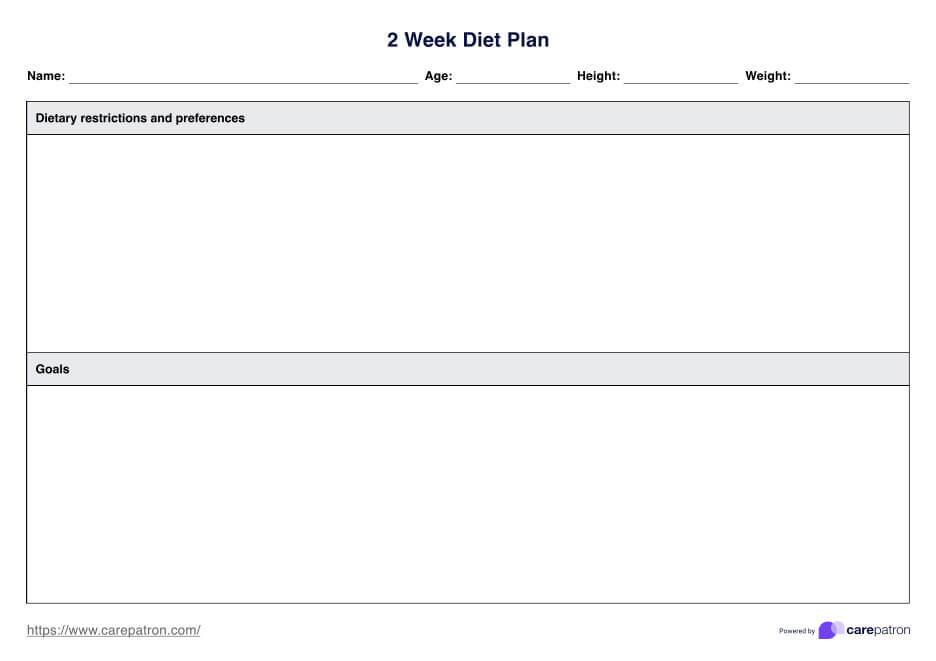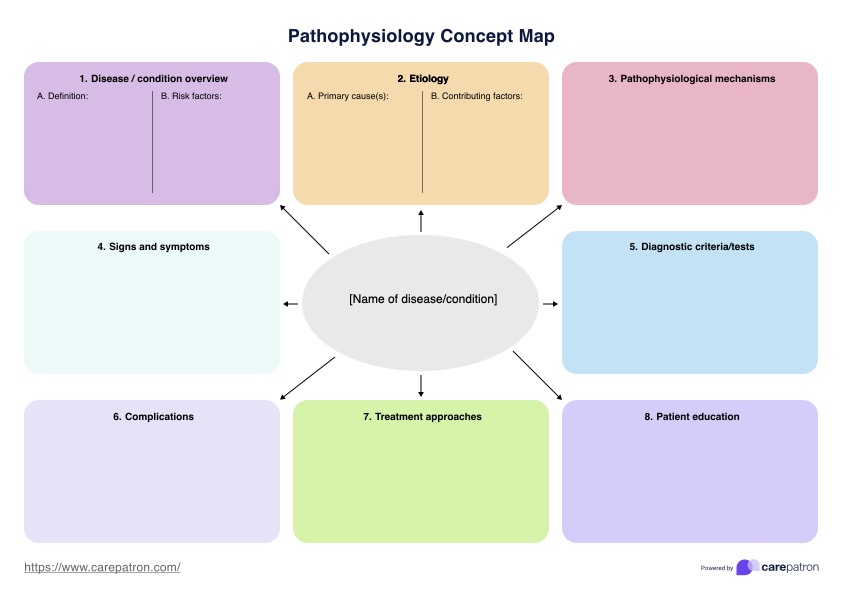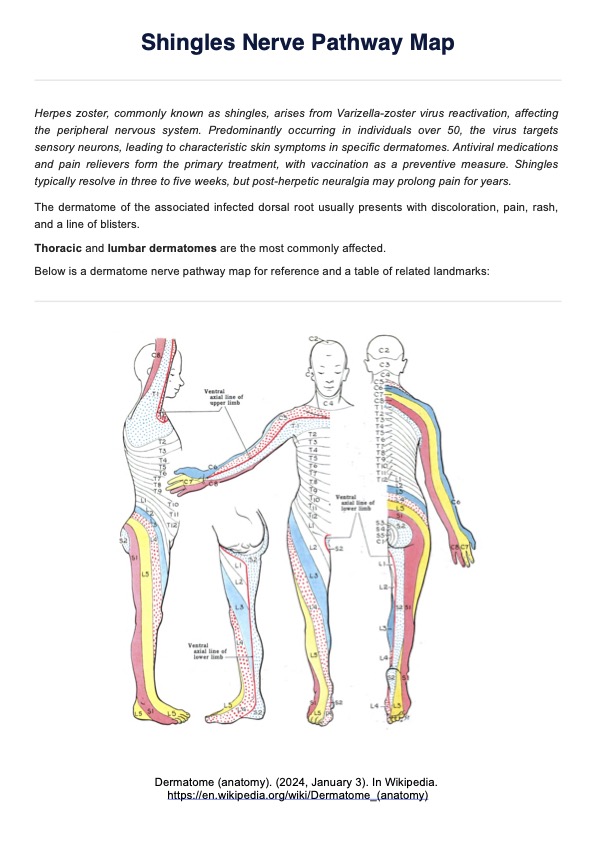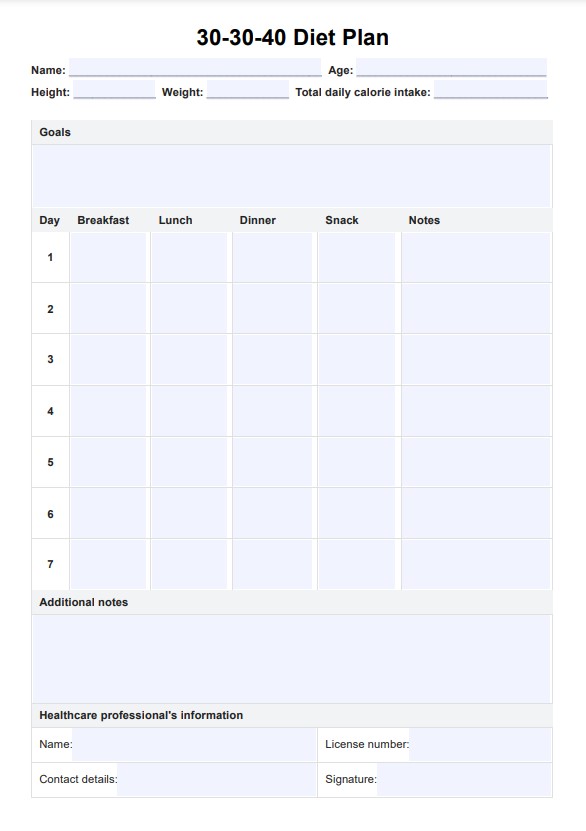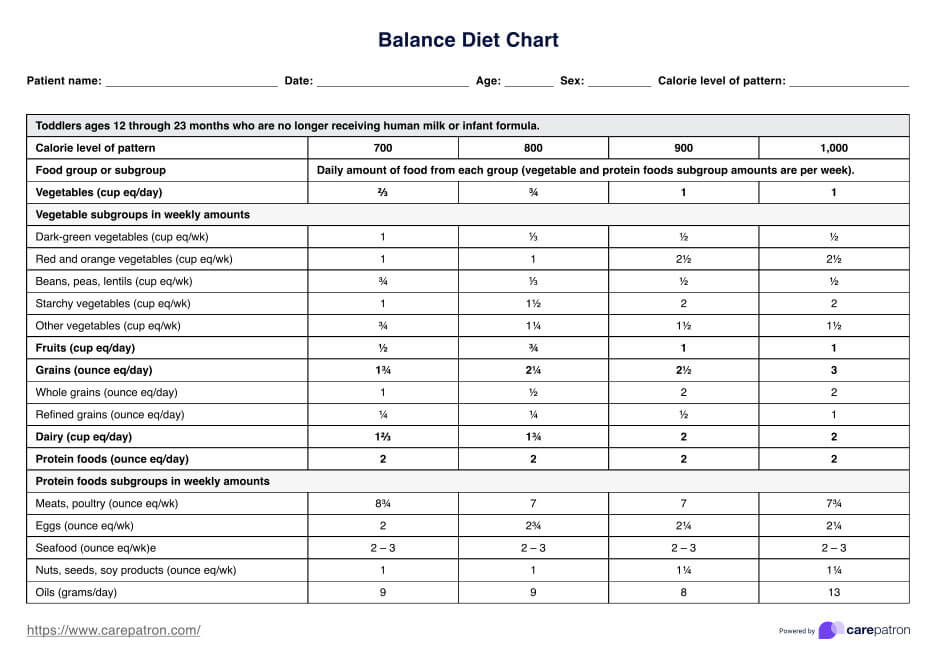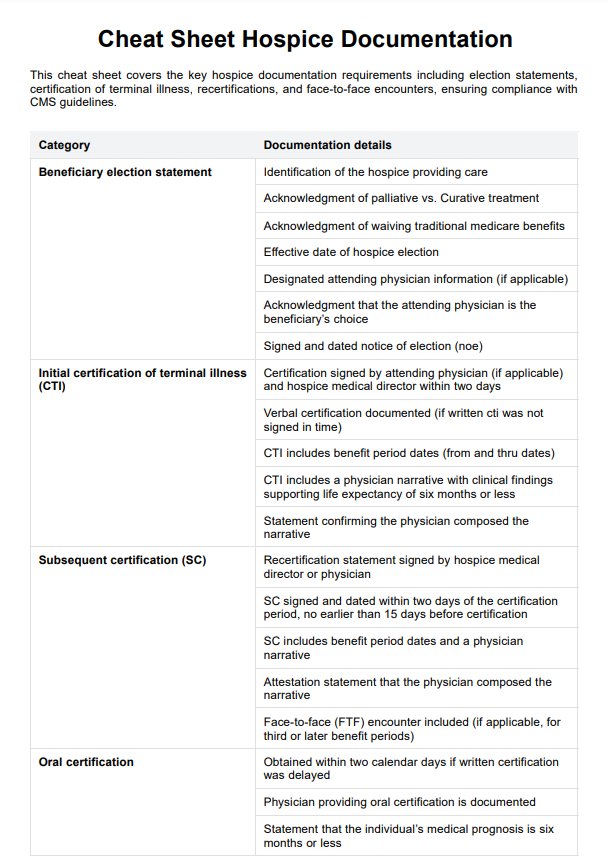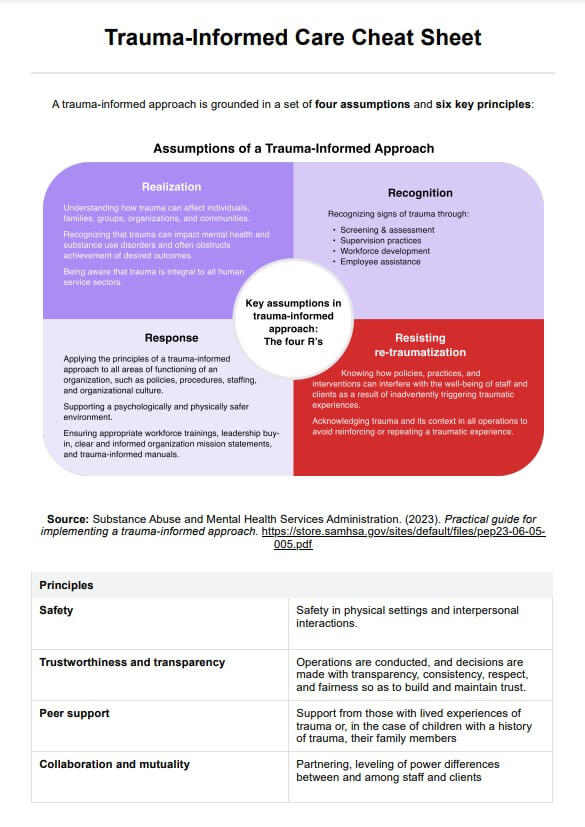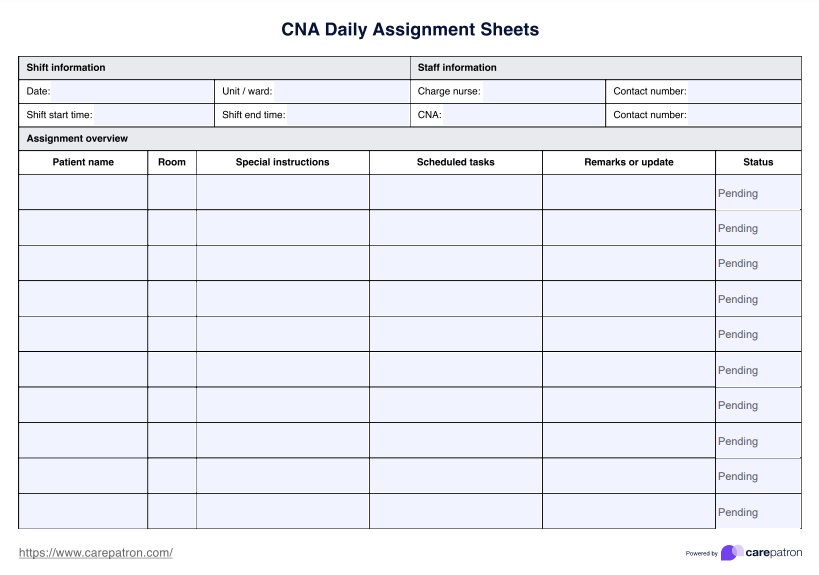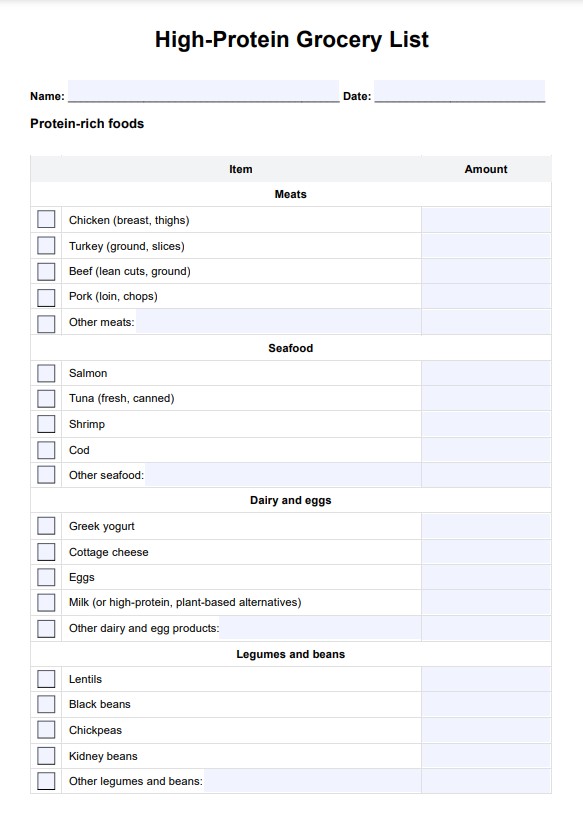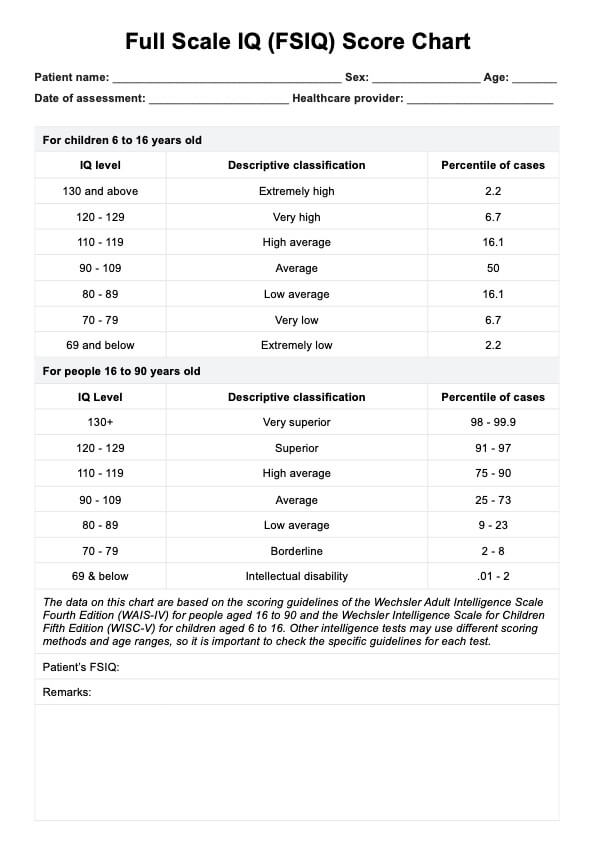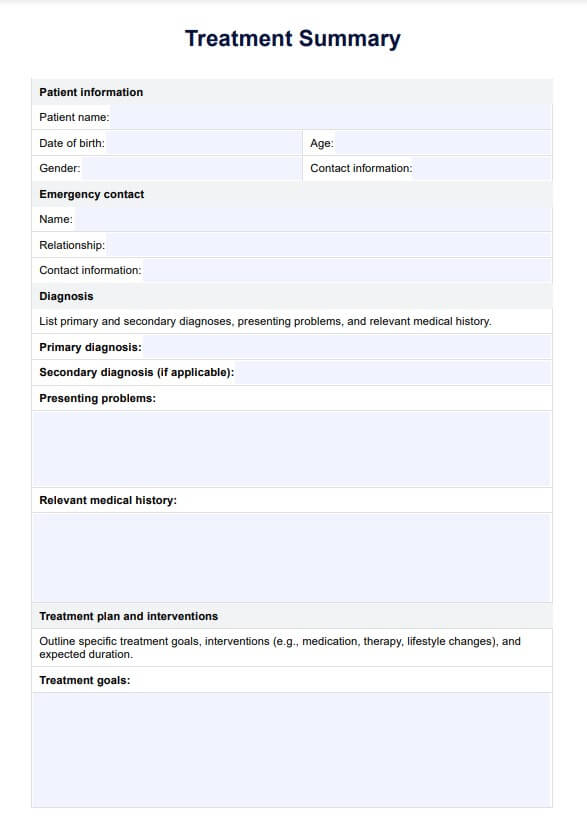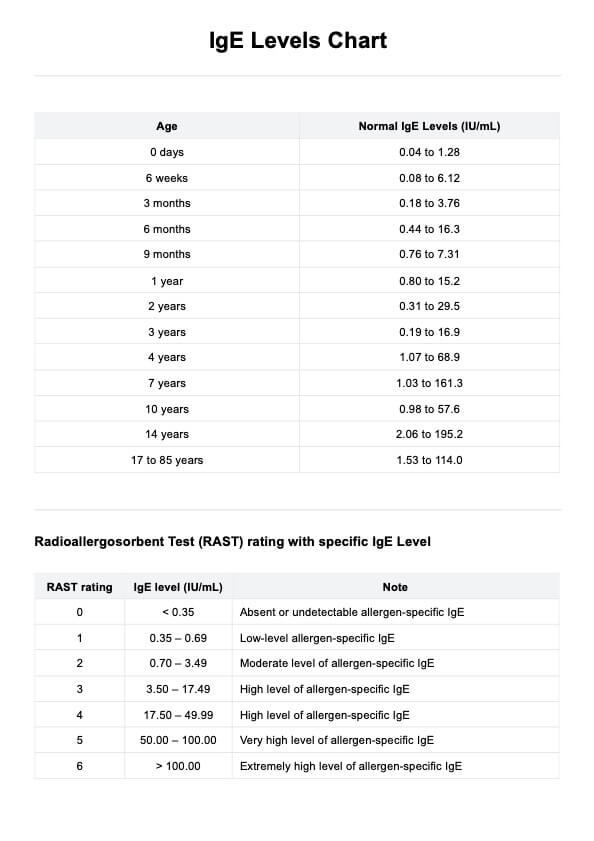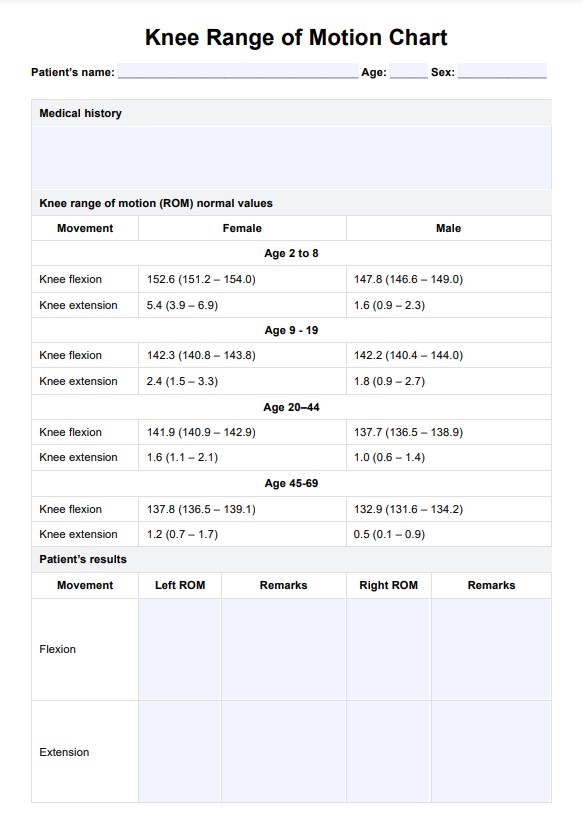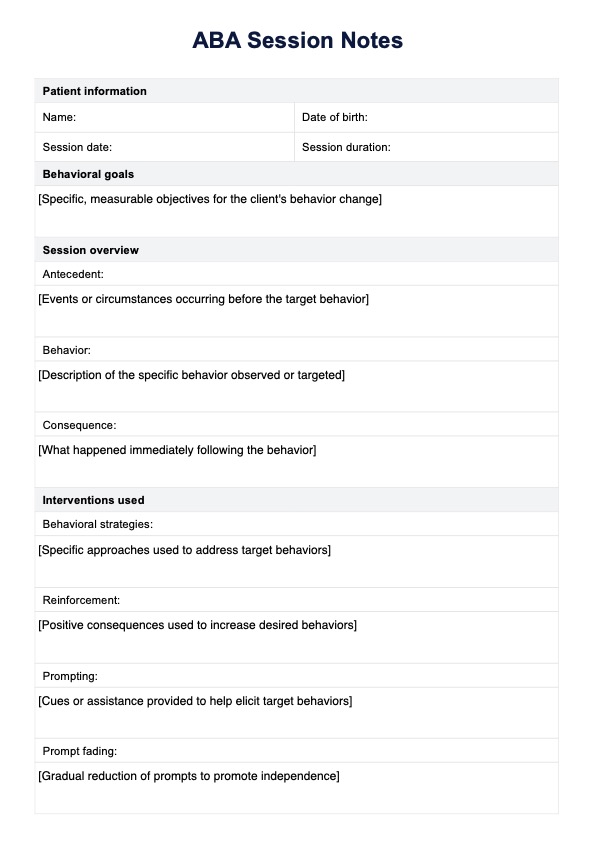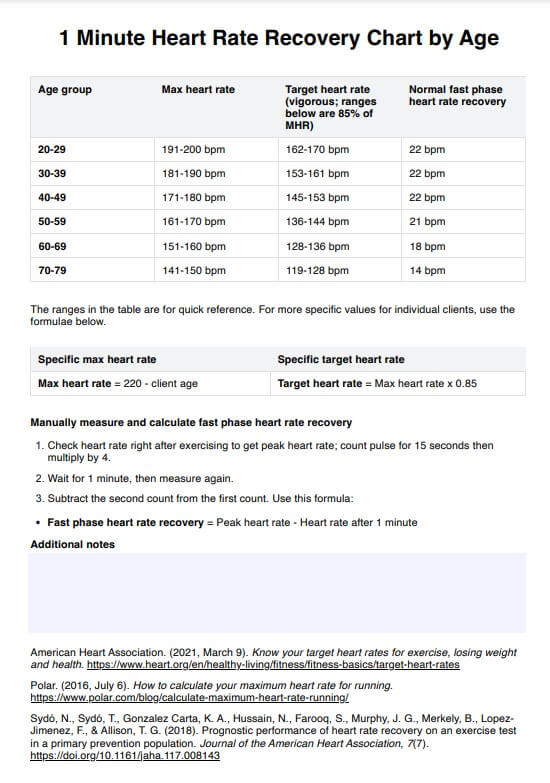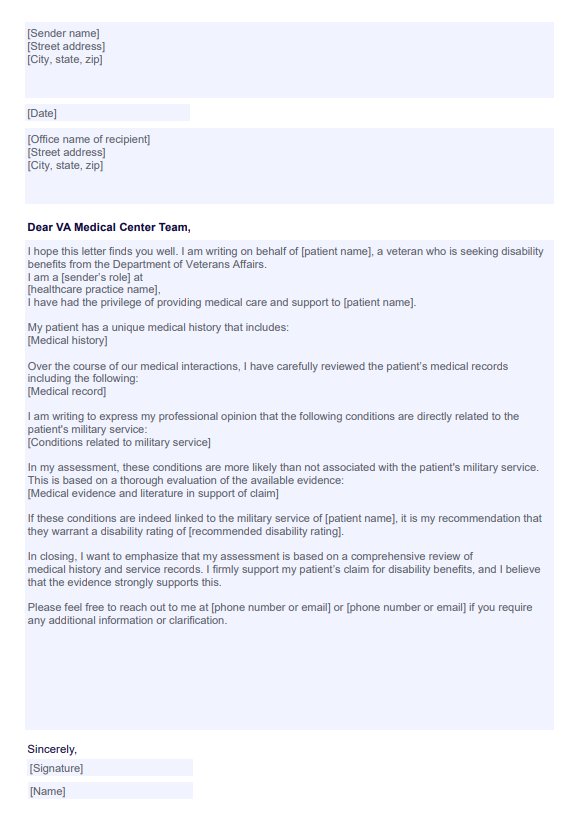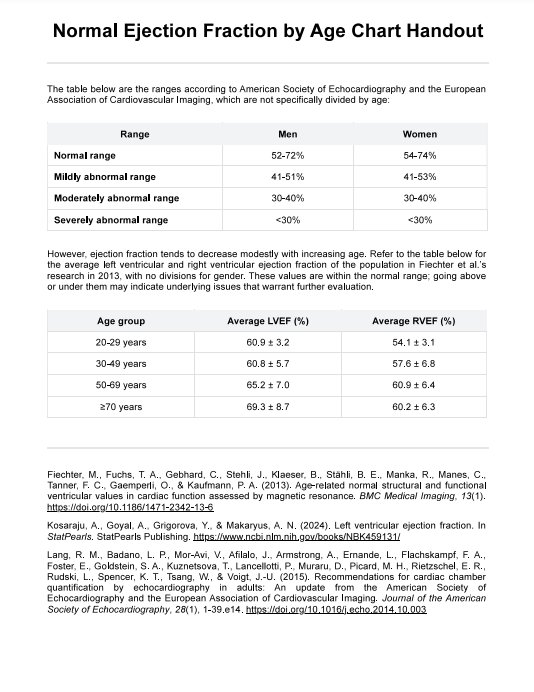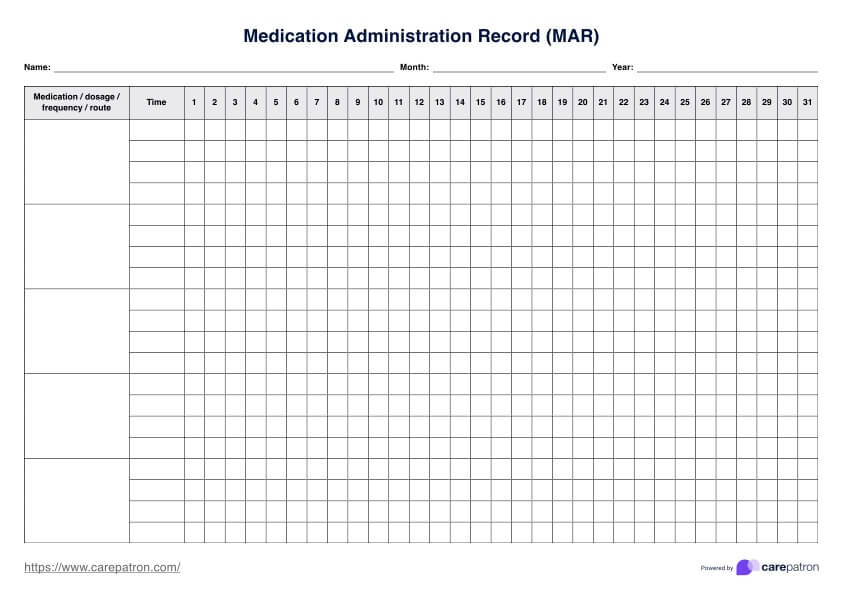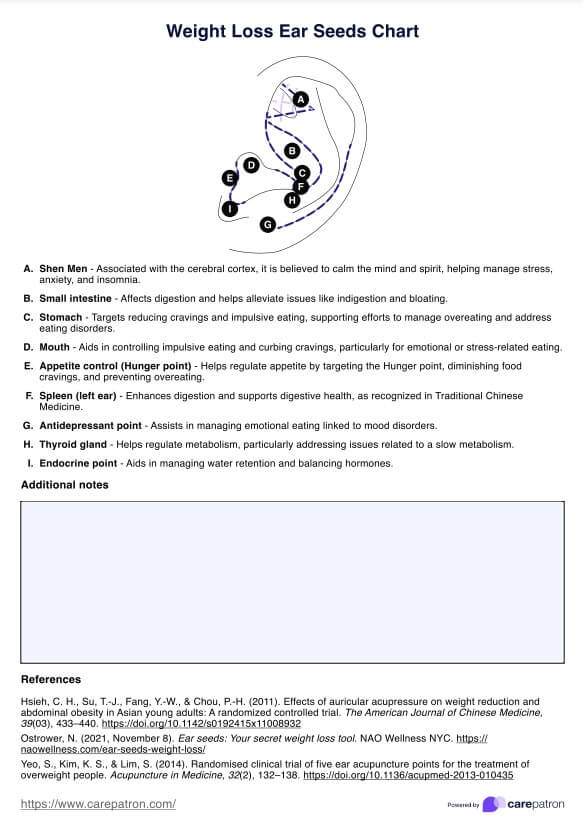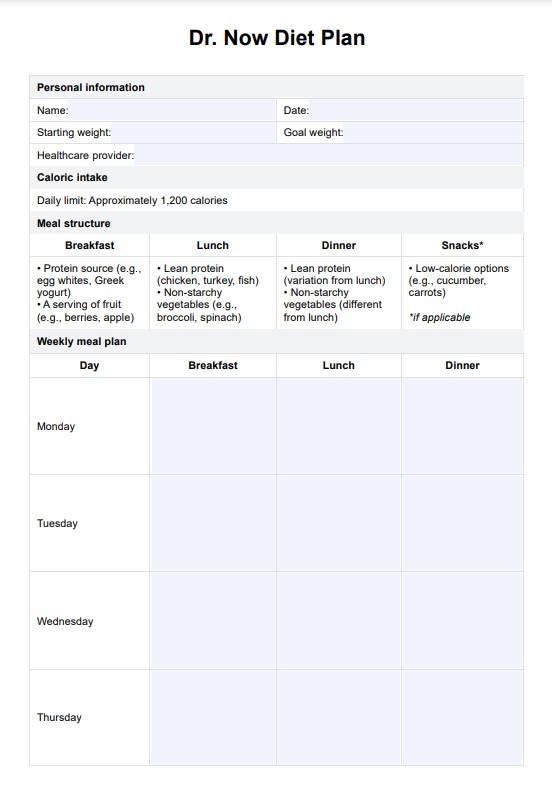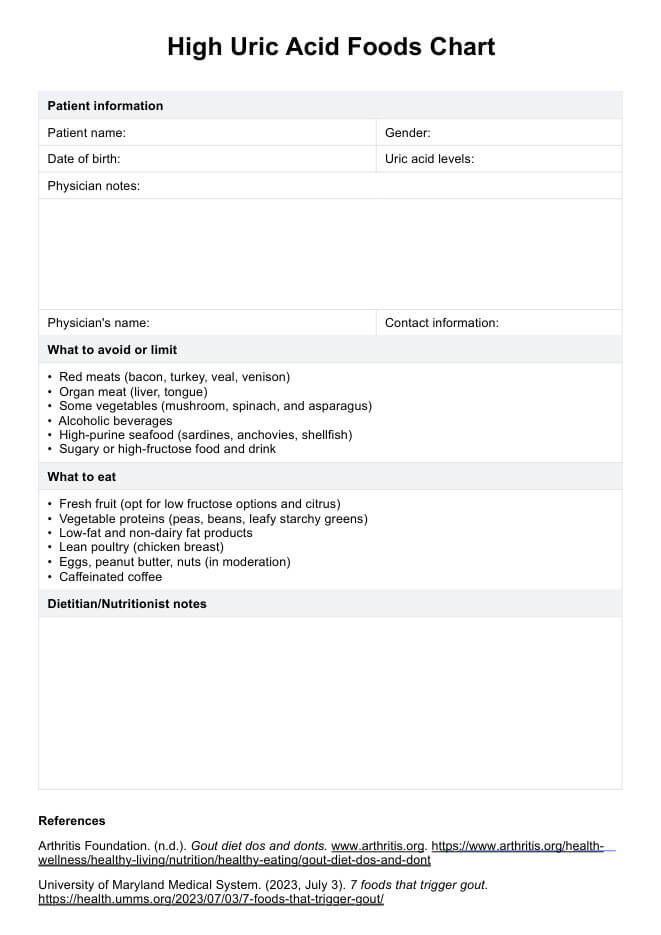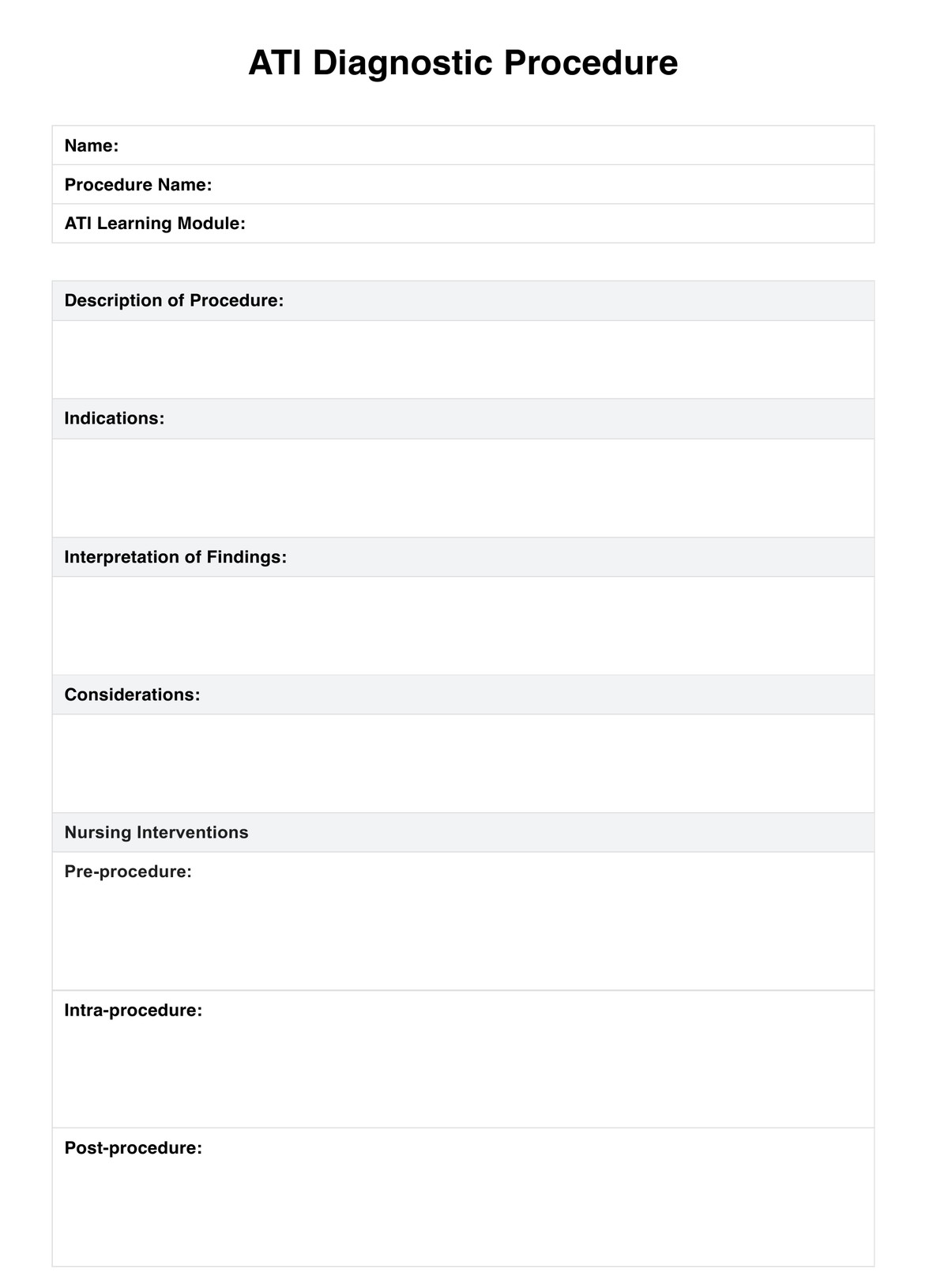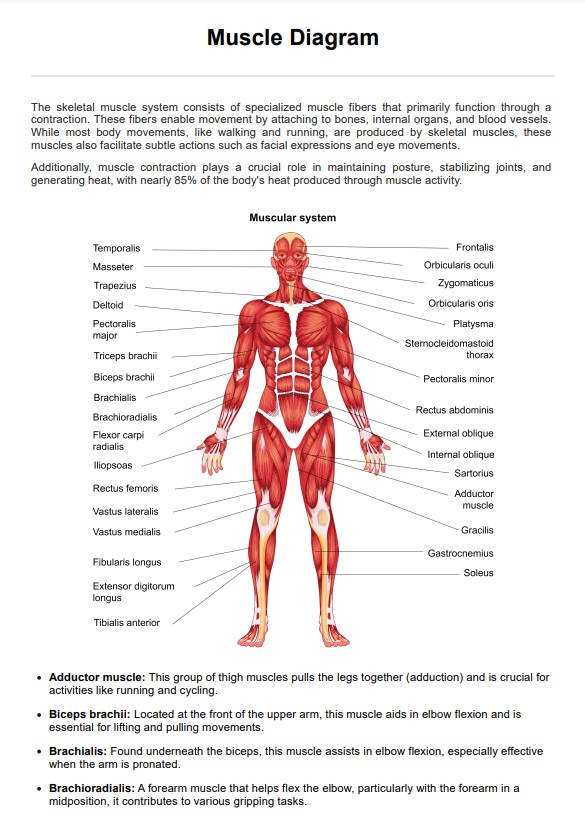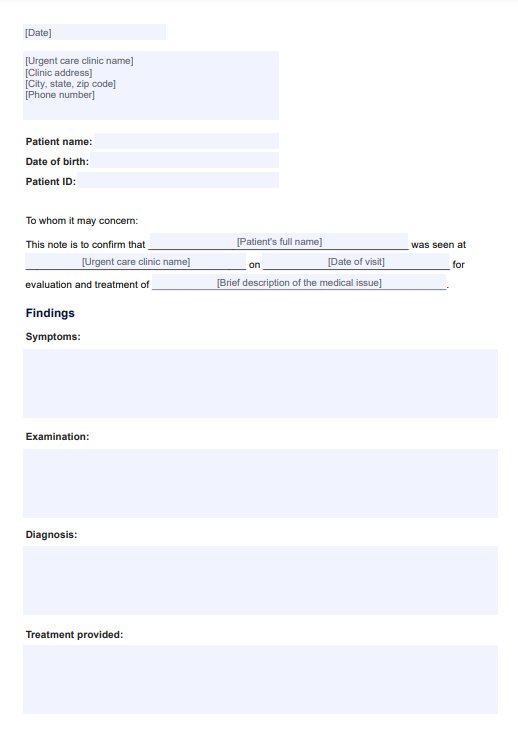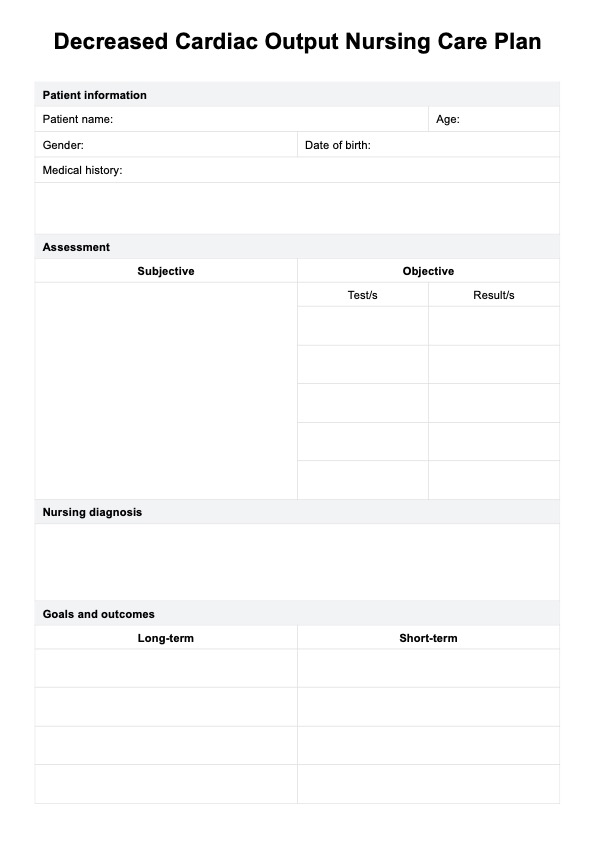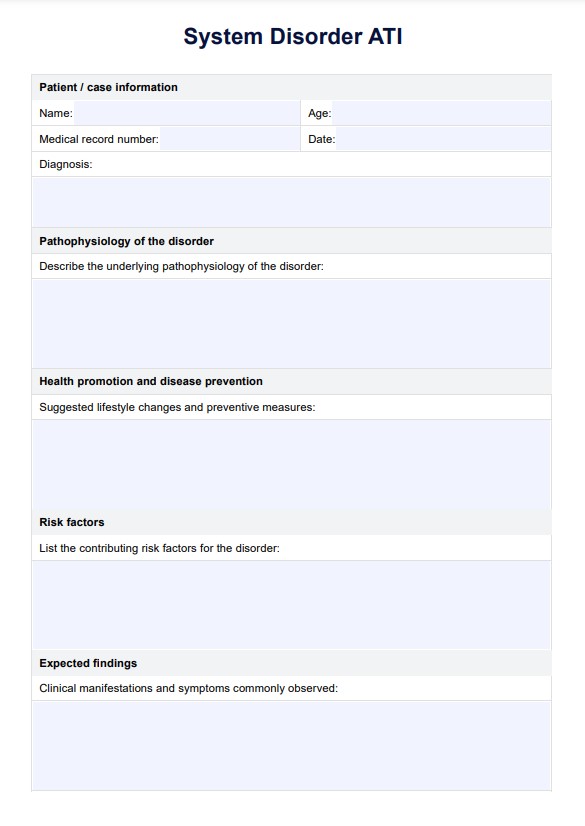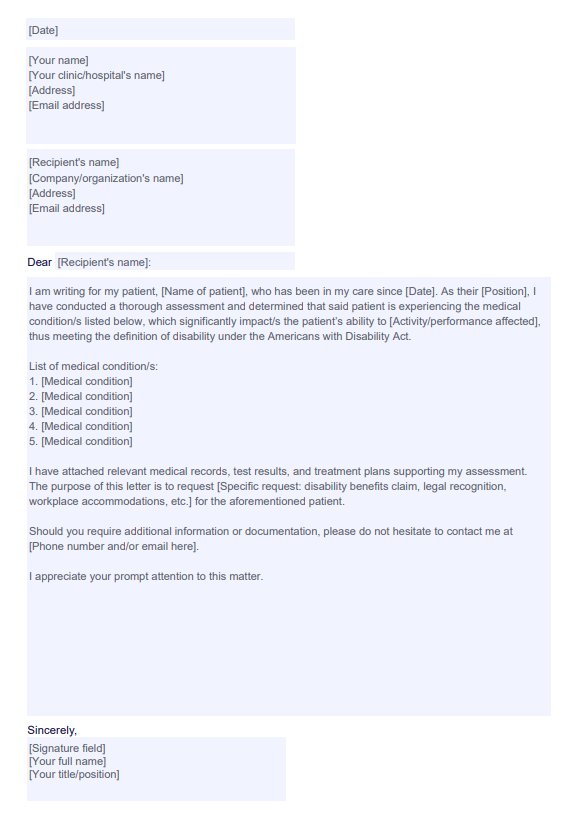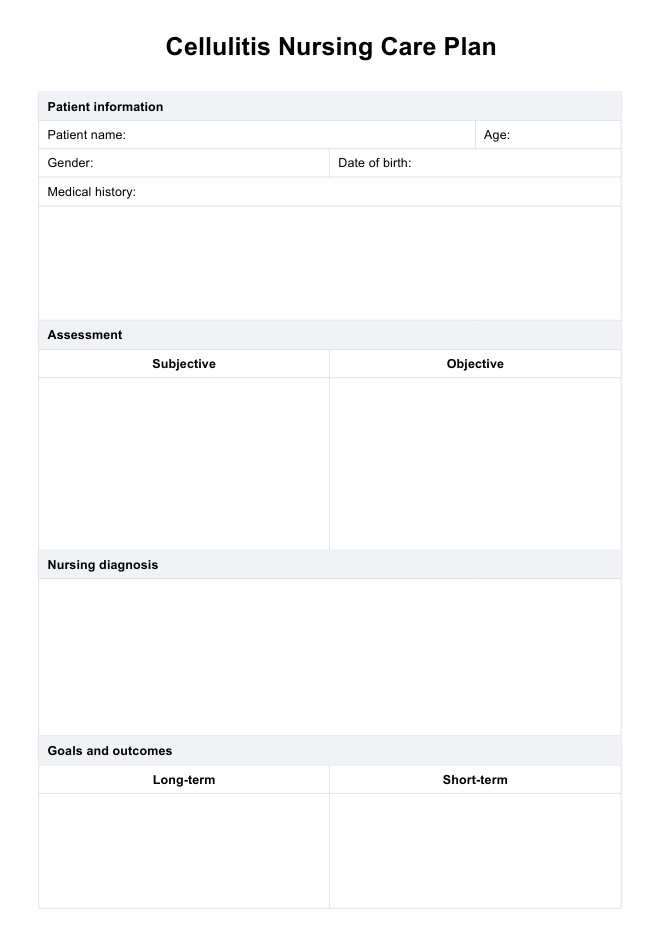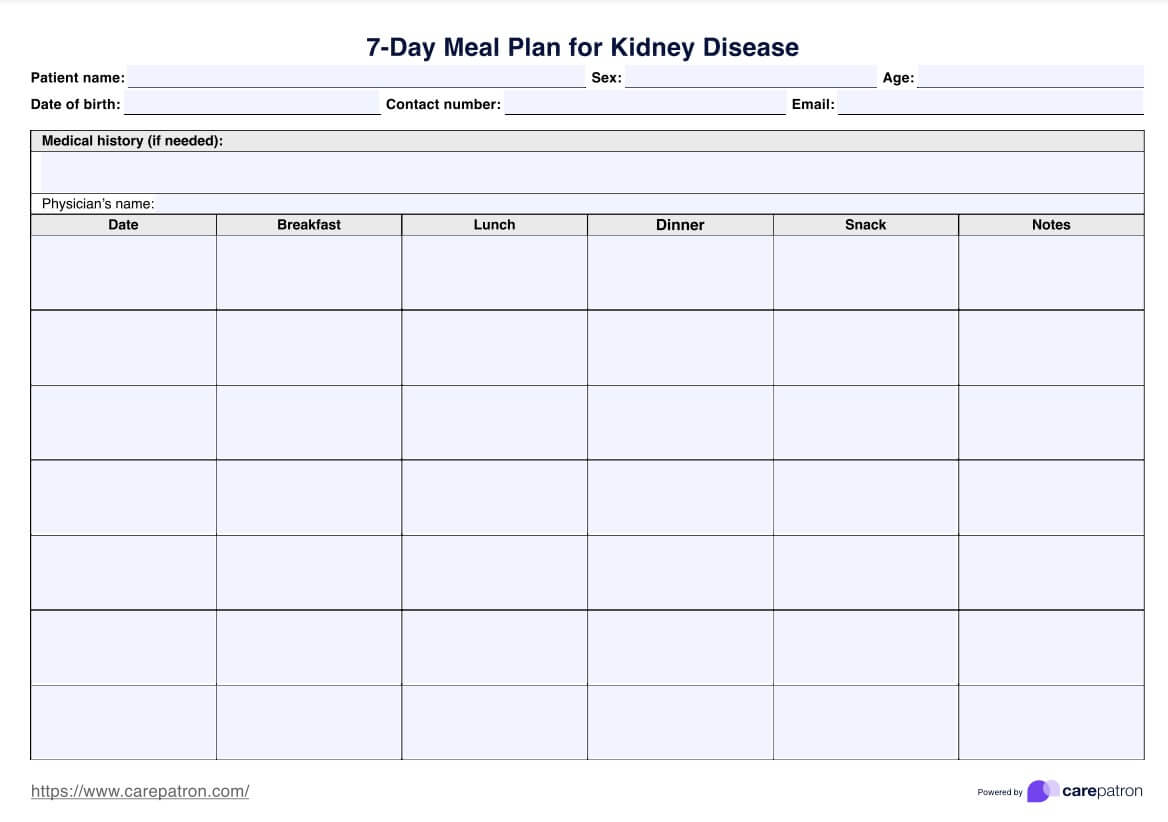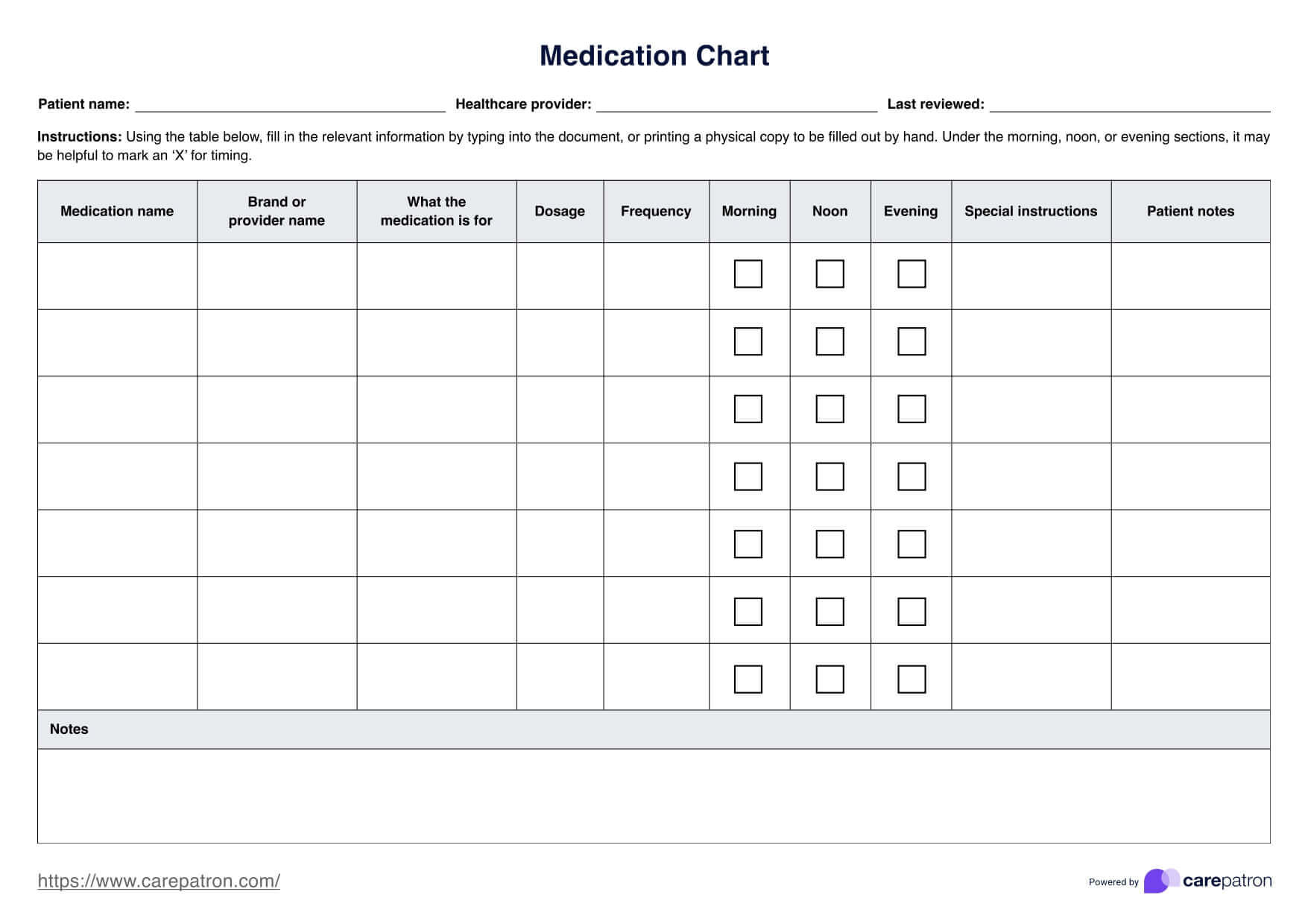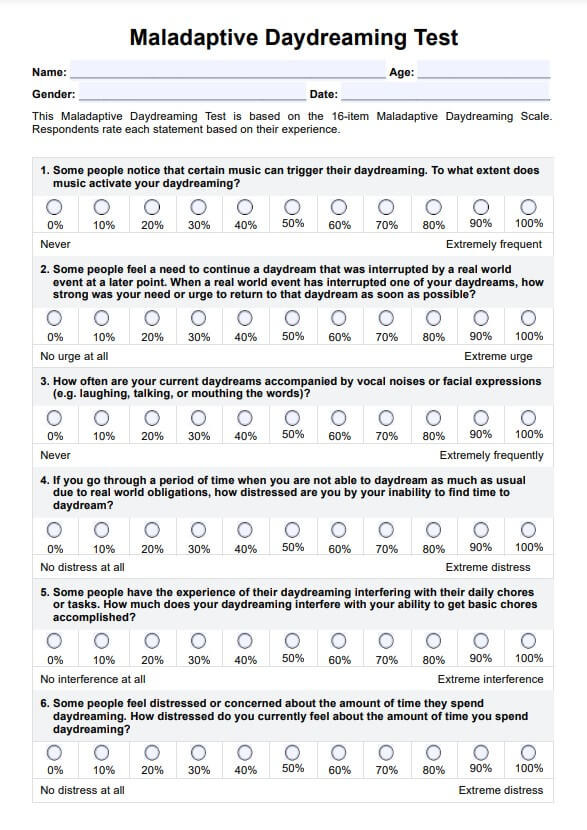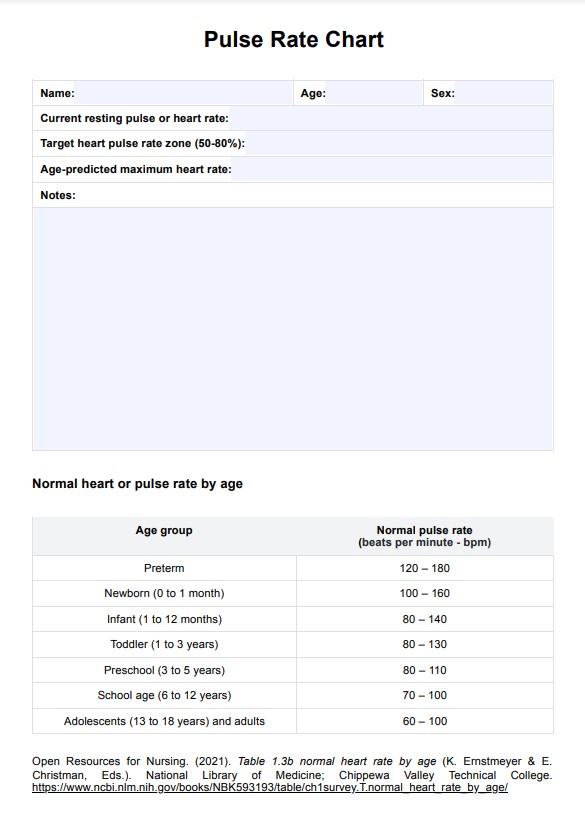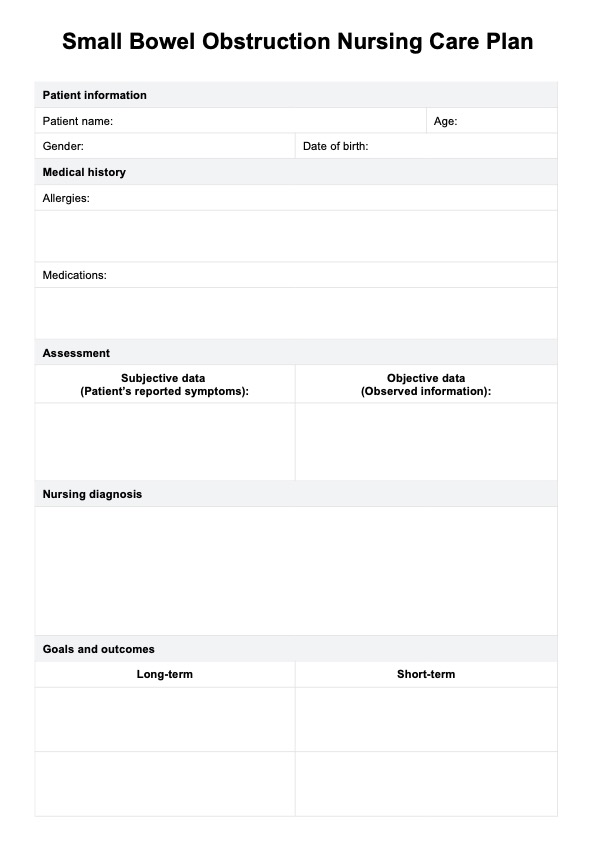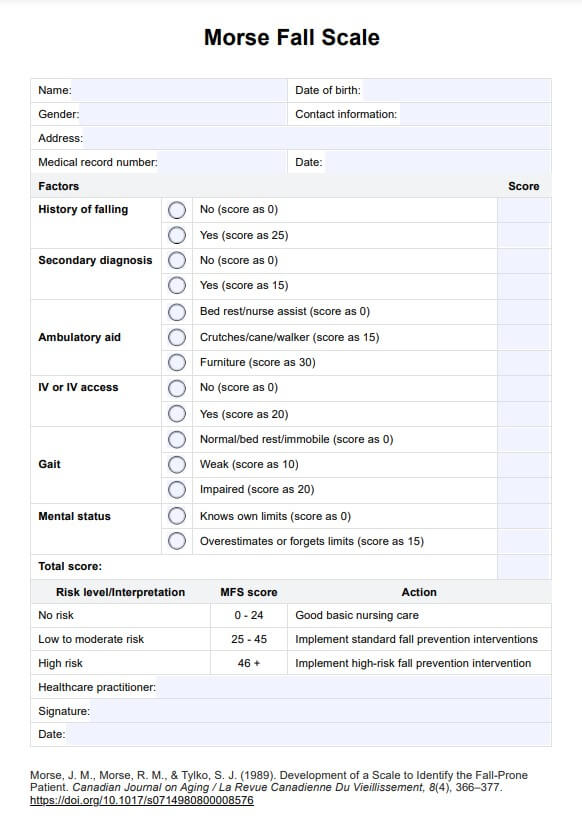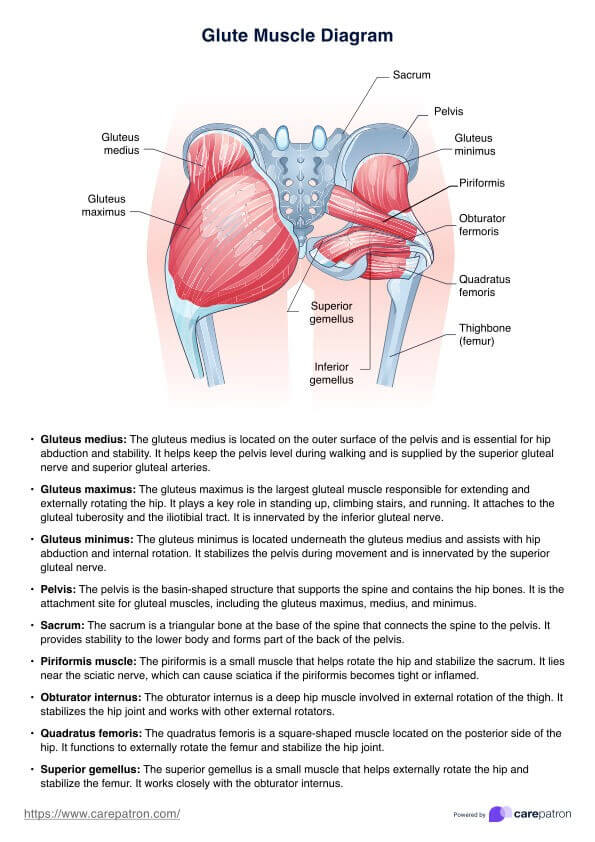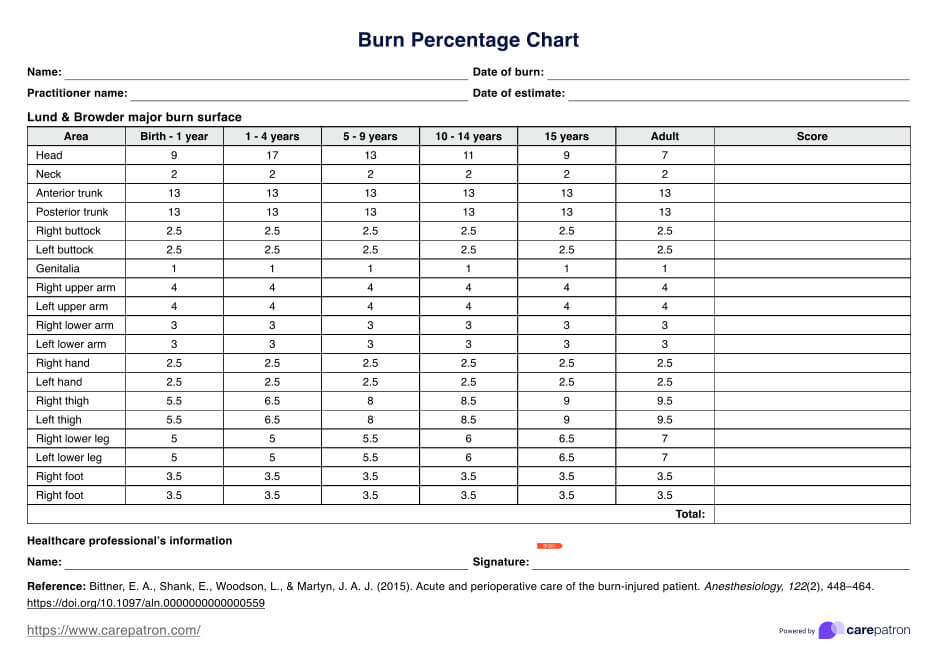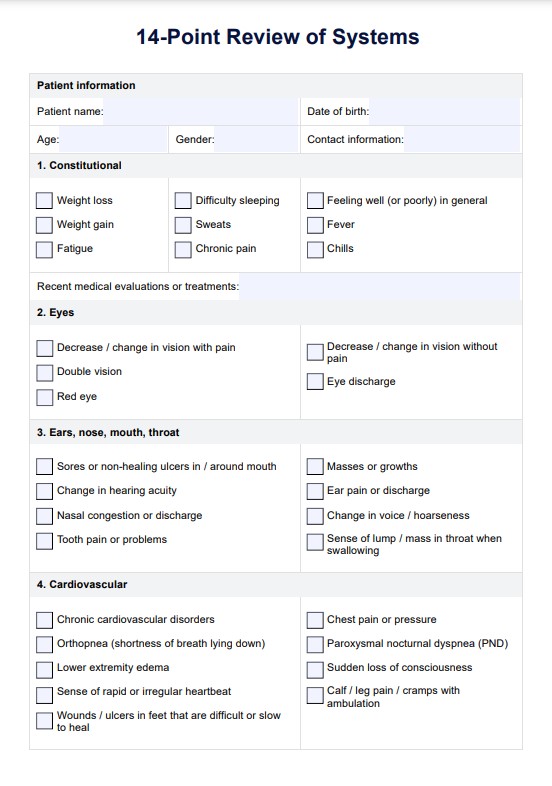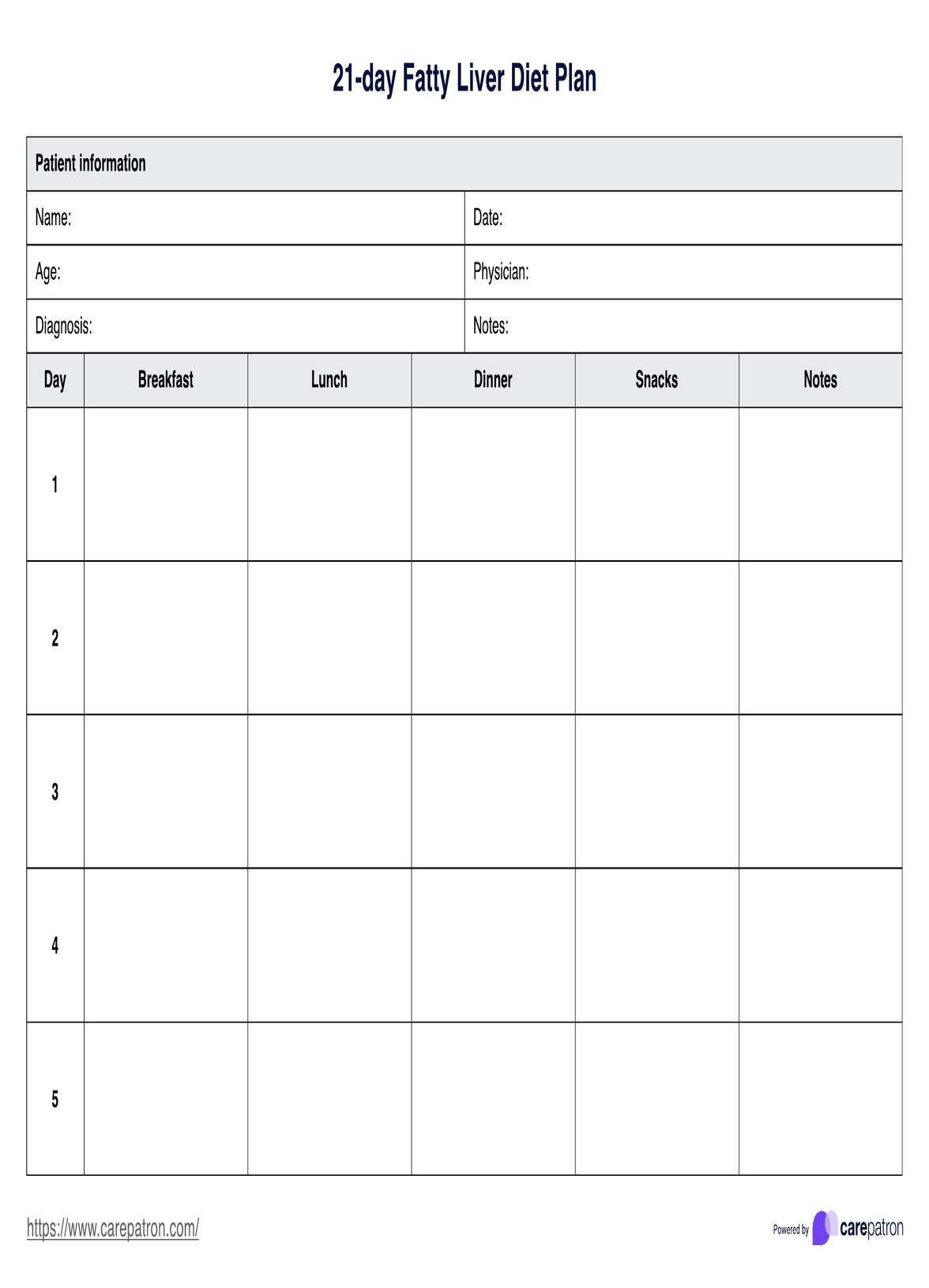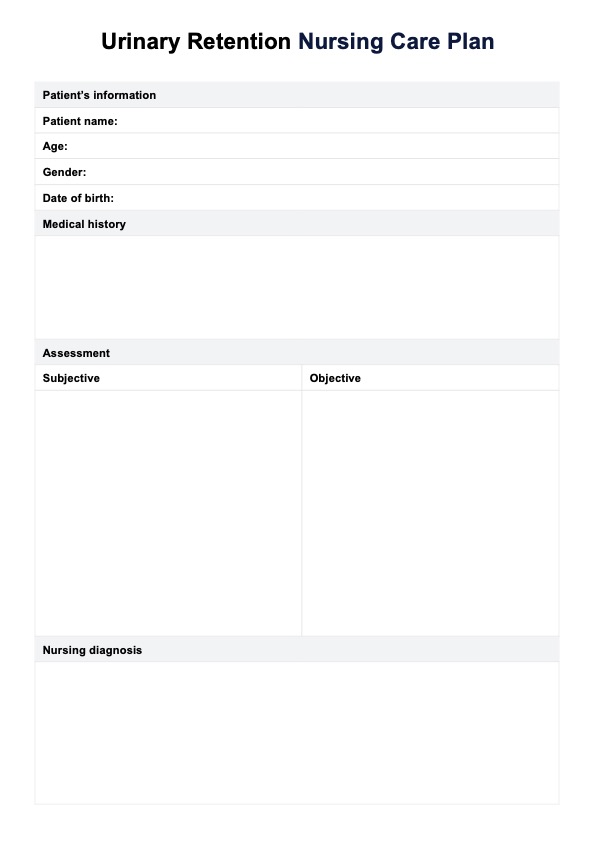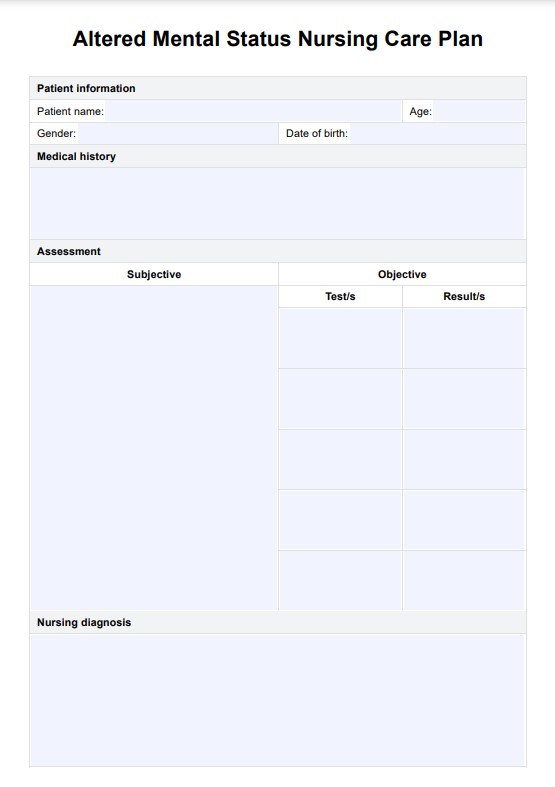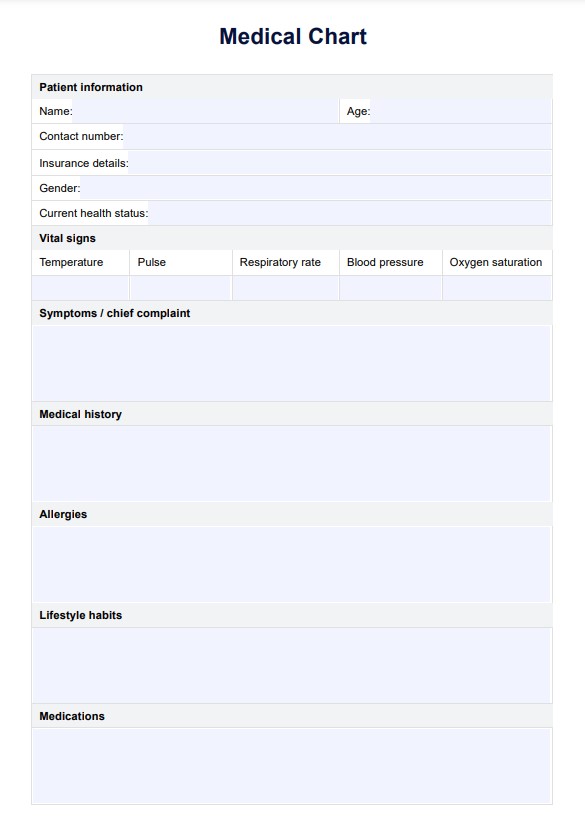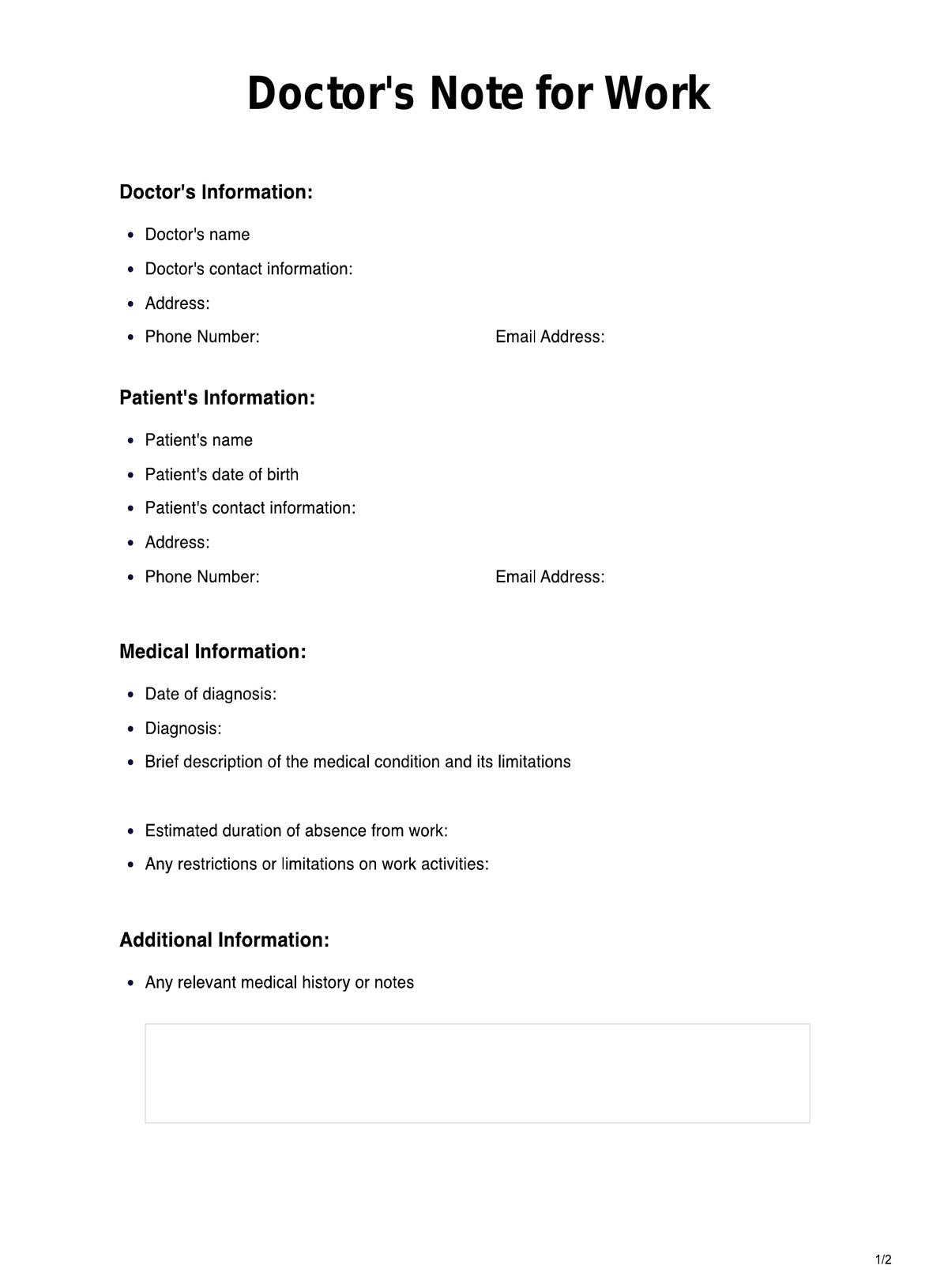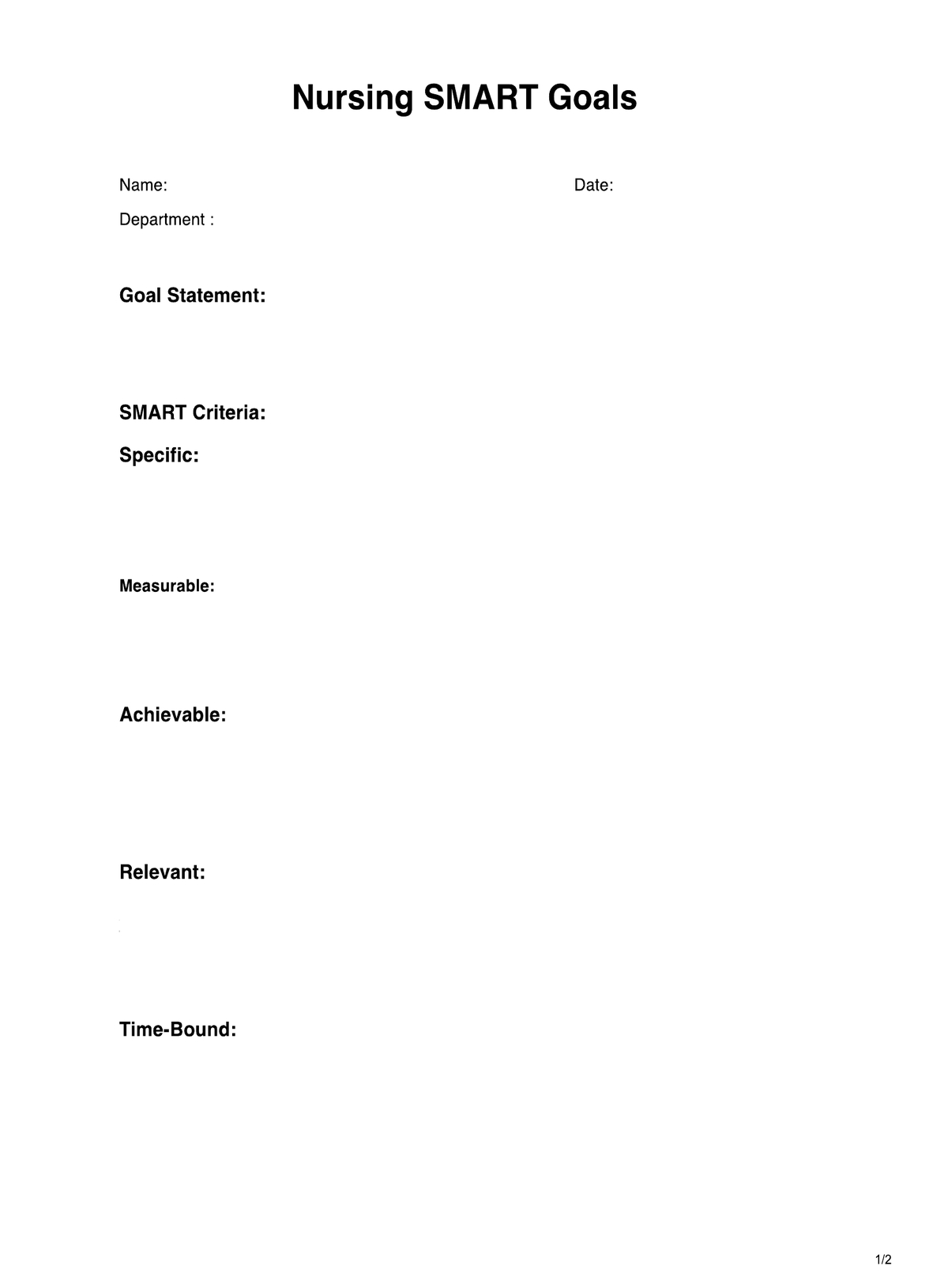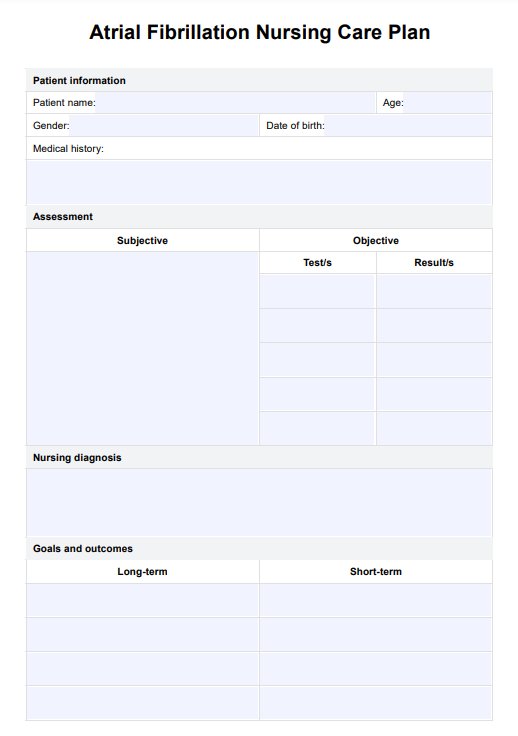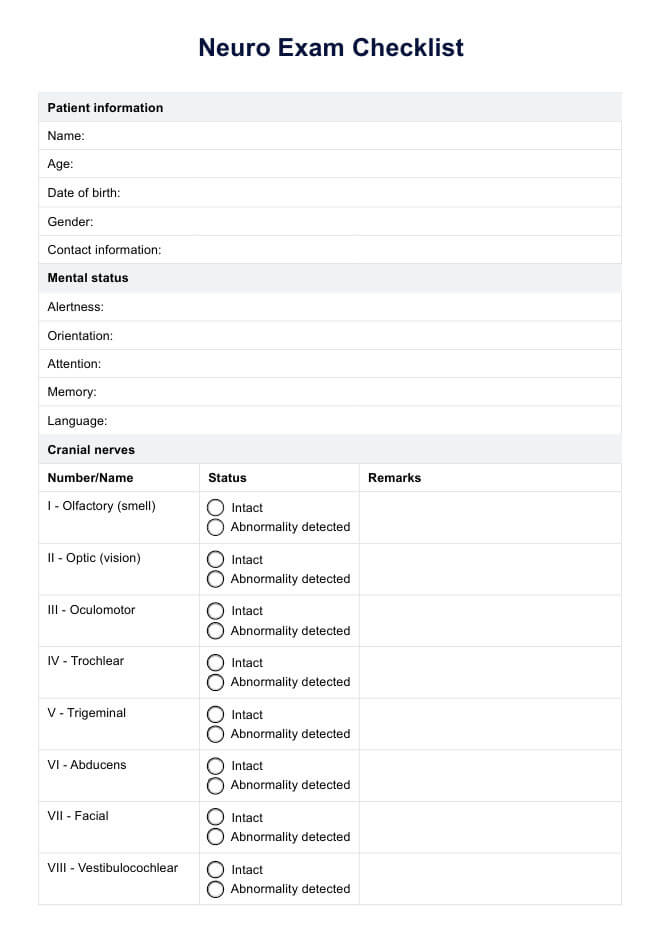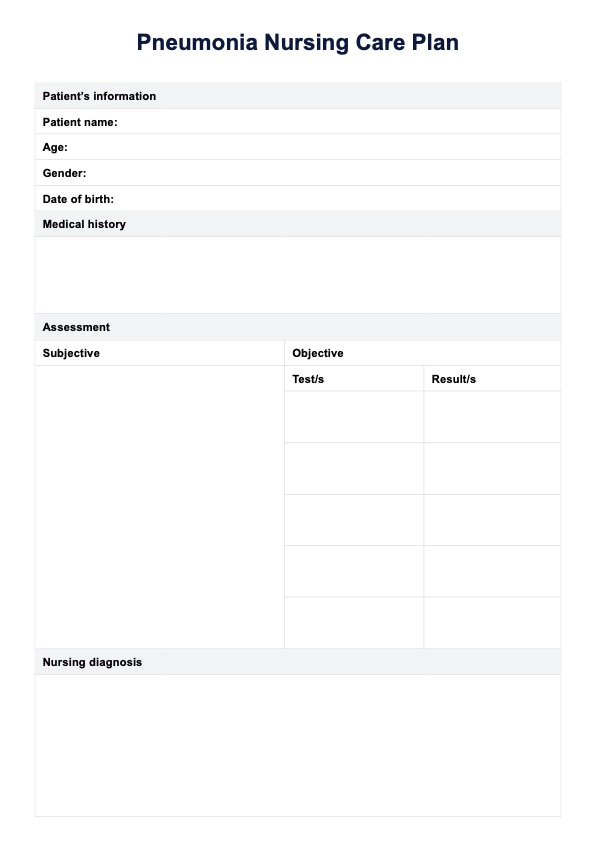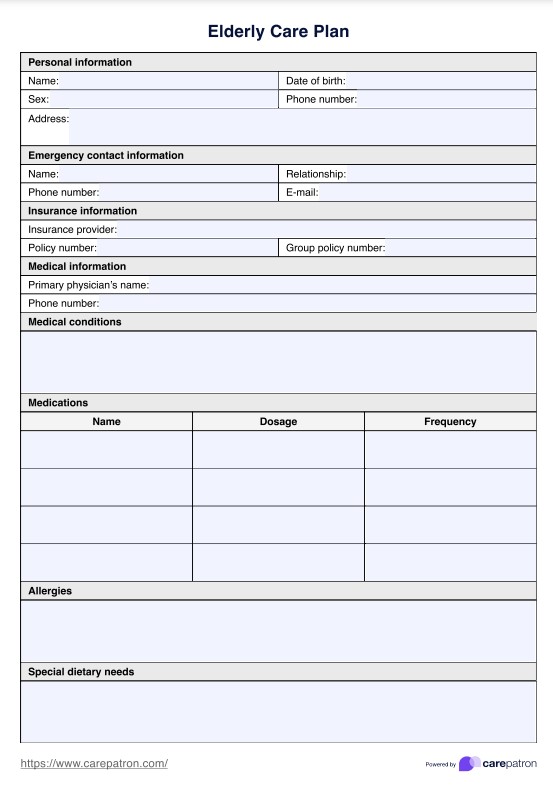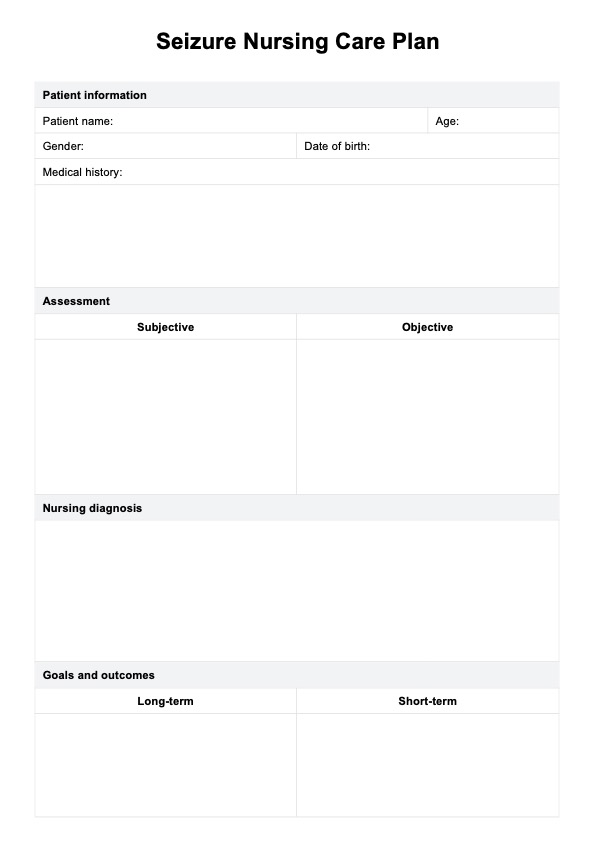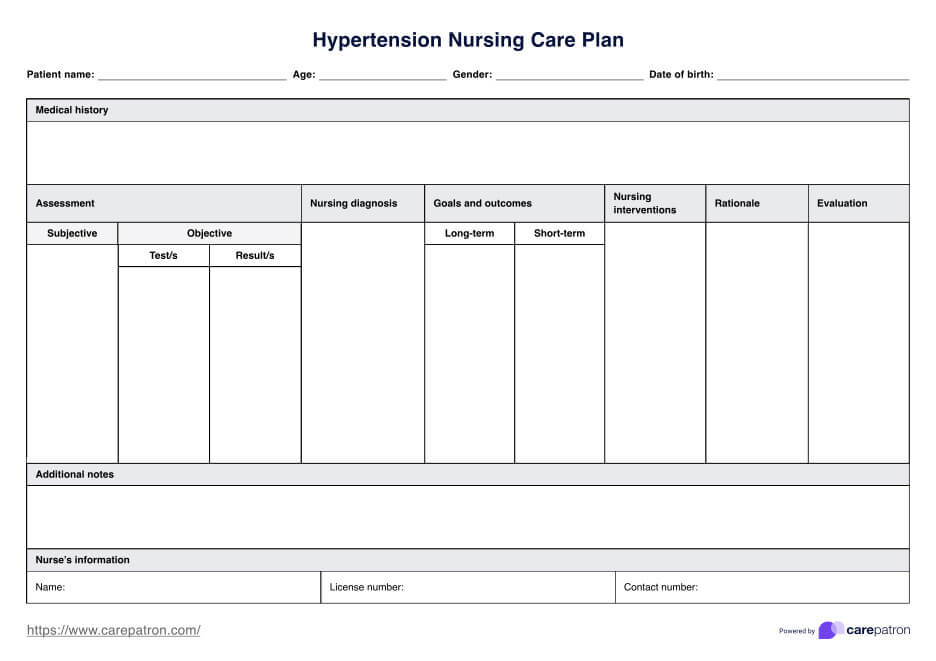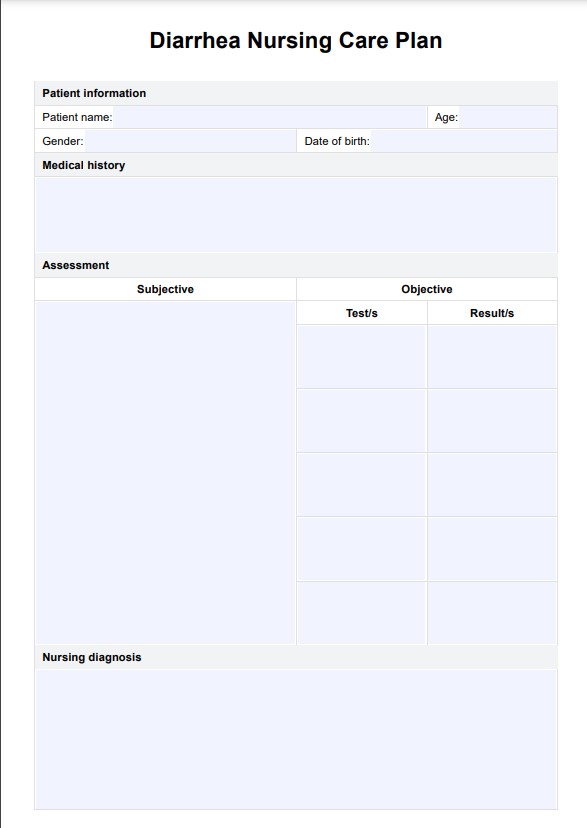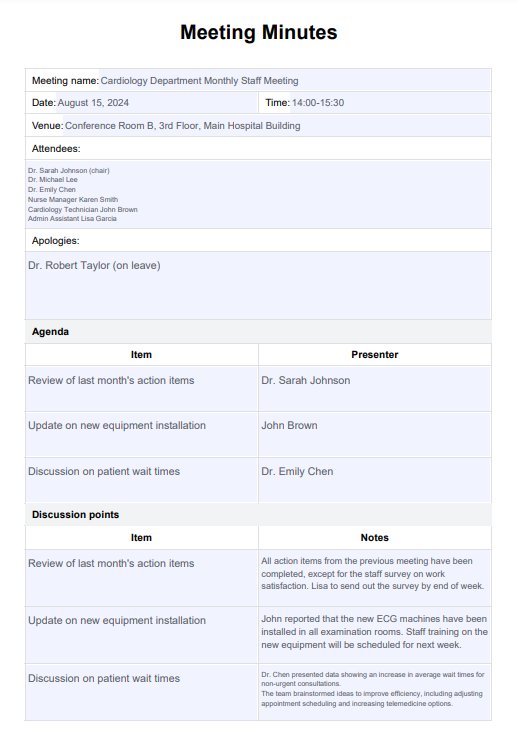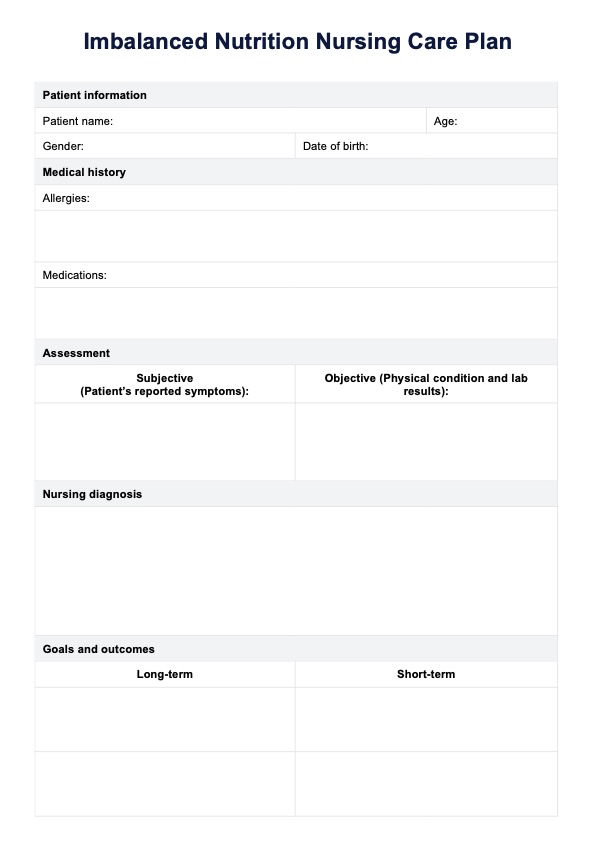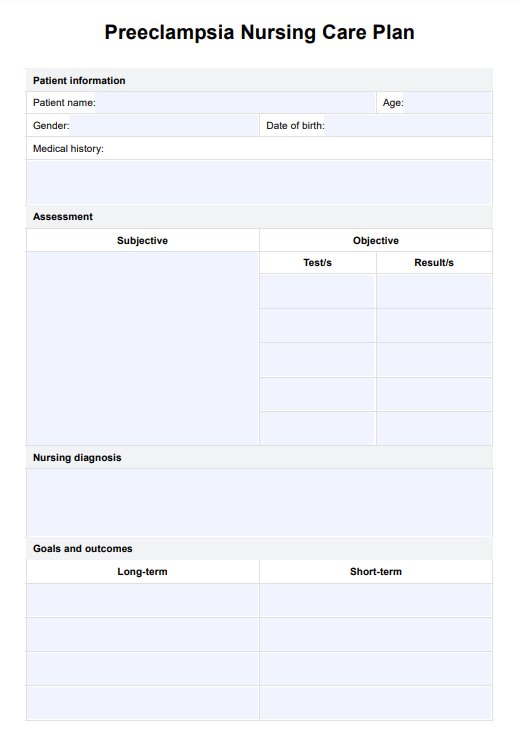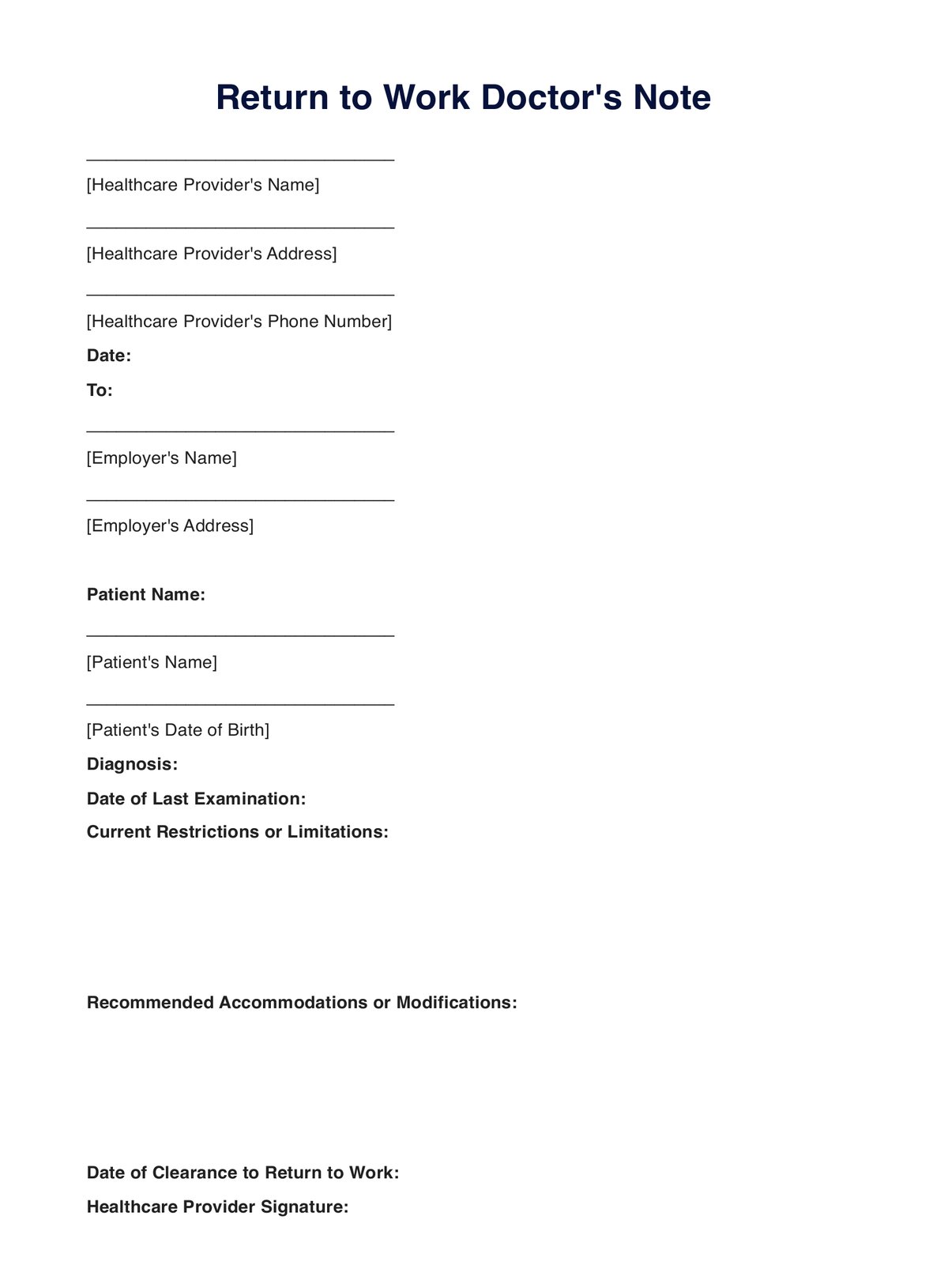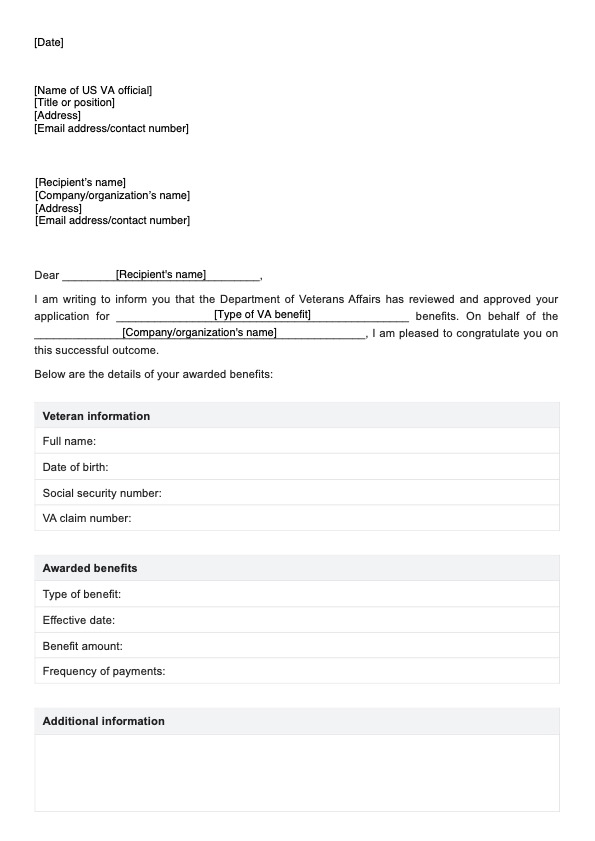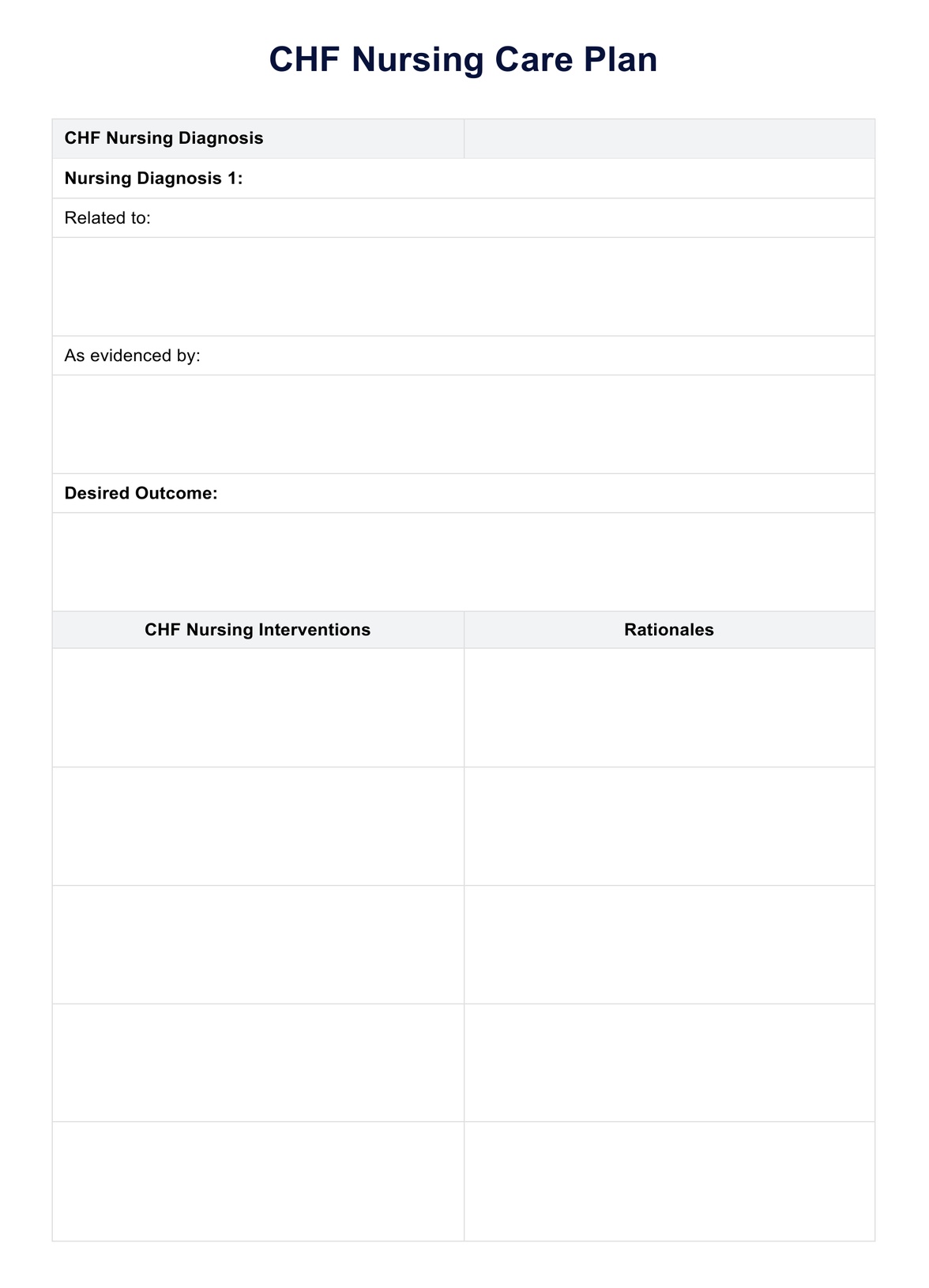Paleo Diyet Yiyecekleri
Paleo Diyetinin hasta sonuçlarını nasıl artırabileceğini merak ediyor musunuz? Bu kapsamlı Paleo Diyet Yiyecek Listesini keşfedin. Şimdi diyet önerilerinde devrim yaratın!


Paleo diyeti nedir?
Paleo Diyet Planı paleolitik diyetin kısaltması ve Taş Devri diyeti olarak da bilinen, yaklaşık 2,5 milyon ila 10.000 yıl öncesine dayanan paleolitik çağda tüketildiği varsayılan yiyeceklere dayanan bir diyet yaklaşımıdır. Paleo diyet menüsü öncelikle eski atalarımızın diyetini taklit ederek avlanabilecek, avlanabilecek veya toplanabilecek yiyeceklerden oluşur.
Paleo diyetinin arkasındaki temel ilke, rafine şeker, tahıllar ve süt ürünleri gibi modern, işlenmiş ürünleri hariç tutarken işlenmemiş, tam gıdalara odaklanmaktır. Vurgu, otla beslenen etler, balık, yumurta, fındık, tohumlar, meyveler ve sebzeler gibi yağsız proteinler üzerinedir. Bu gıda grupları, iltihaplanma, kilo alımı ve çeşitli sağlık sorunlarına katkıda bulunabilecek işlenmiş gıdalardan kaçınırken zengin bir besin yelpazesi sağlar.
Paleo Diyet Gıda Şablonu
Paleo Diyet Yiyecek Örneği
Paleo Diyet Yiyecek Listesi Nedir?
Paleo Gıda Listesi, bir yemek planı oluştururken bir kaynak olabilecek paleo çerçevesinde izin verilen ve kısıtlanmış gıda maddelerini tanımlayan temel bir kılavuzdur.. Liste, otla beslenen etler, yabani balıklar, taze sebzeler, meyveler, kuruyemişler ve sağlıklı yağlar dahil olmak üzere geleneksel bir paleo diyetinde yaygın olarak kabul edilen bir dizi besin açısından yoğun seçeneği kapsar. Bireyler, atalarımızın avlayabileceği veya toplayabileceği yiyeceklere odaklanarak bu listeye bağlı kalarak besin alımlarını optimize etmeyi amaçlamaktadır.
Kilo kaybı için Paleo Diyet Gıda Listesi, temel besinler açısından zengin, artan enerjiyi ve gelişmiş egzersiz performansını teşvik eden tüm yiyecekleri vurgular. Taraftarlar, işlenmiş gıdaları hariç tutarak ve doğal kaynakları vurgulayarak günümüz rahatsızlıkları riskini azaltmaya çalışırlar. Kapsamlı gıda listesi netlik sağlar, bireylerin paleo ilkelerine uygun yemekler planlamasını kolaylaştırır, sürdürülebilir ve sağlık odaklı bir diyet yaklaşımını teşvik eder.
Şablonumuz nasıl çalışır?
İşte Yazdırılabilir Paleo Gıda Listesi şablonunu kullanma kılavuzu:
Adım 1: Müşteri bilgilerini doldurun
Müşterilere adlarını, tarihlerini ve e-postalarını doldurmalarını söyleyerek başlayın. Bu, etkili diyet rehberliği ve izleme için çok önemli olan paleo yemek planı için kişiselleştirilmiş bir çerçeve oluşturur.
Adım 2: Besin açısından yoğun bir seçim arasından seçim yapın
Müşterileri, otla beslenen etlerin, vahşi yakalanan balıkların ve tatlı patates, kabak çekirdeği, yumurta, mantar, yağsız et, hindistancevizi yağı vb. gibi çeşitli taze sebze ve meyvelerin dahil edilmesinin önemini vurgulayarak kapsamlı listeden seçim yapmaya teşvik edin.
Adım 3: Gri alanlı yiyecekleri ele alma
Süt ürünleri ve belirli meyve ve sebzeler gibi gri alanlı yiyecekleri tartışın. Bireysel sağlık ihtiyaçlarına göre bilinçli seçimler yapma konusunda müşterilere rehberlik edin. Bu, özellikle hasta kalan kızarmış tavuk veya hindistancevizi sütü gibi süt alternatifleri gibi belirsiz kabul edilebilir yiyecekleri tercih ettiğinde çok önemlidir. Bunu yaparak, diyet kısıtlamalarına saygı gösterirken hastalara paleo çerçevesinde uyarlanabilirliği teşvik etmelerine yardımcı oluyorsunuz.
Adım 4: Kişiselleştirilmiş notlar
Müşterilerin alerjileri veya diyeti basitçe denemek için yalnızca 14 günlük bir paleo yemek planı sağlamak gibi belirli hususları iletmeleri için ek notlar bölümünün önemini vurgulayın. Bu kişiselleştirilmiş dokunuş, sağlık profesyonellerinin dengeli ve sürdürülebilir bir paleo yaşam tarzı sağlamada hayati bir rol oynadığını kabul ederek daha özel bir yaklaşım sağlar.
Bu Paleo Yemek Listesini ne zaman kullanırsınız?
Bu kapsamlı Paleo Diyet Yiyecek Listesi, sağlık pratisyenleri ve sağlıklı yaşam dönüşümü arayan bireyler yelpazesi için faydalıdır.. Diyetisyenler ve beslenme uzmanları bu listeyi aşağıdakileri hedefleyen hastalara önerebilir:
- Kişiselleştirilmiş yemek planları oluşturun: Besin listesi ile beslenme uzmanları, paleo diyeti ile uyumlu özelleştirilmiş yemek planları daha iyi hazırlayabilir. Kullanabilirsiniz Yemek Planı Şablonu Müşterileriniz için diyet seçeneklerini organize etmek ve optimize etmek.
- Ağırlıklarını yönetin: Diyetisyenler, kilo almayı veya kaybetmeyi amaçlayan kilo yönetimi hastaları için paleo diyet yönergeleri belirlerken gıda listesini referans olarak kullanabilirler.
- Enerji ve sağlık sonuçlarını iyileştirin: Sağlık hizmeti sağlayıcıları, kolesterol seviyeleri, kan basıncı ve kan şekeri gibi sağlık belirteçlerini iyileştirmek veya obezite, kalp hastalığı veya tip 2 diyabet gibi durumları yönetmek isteyen bireyler için diyet önerilerini tamamlamak için kaynağı dahil edebilir.
- Beslenme anlayışını geliştirmek: Sağlık uzmanları, müşterilerin sağlıklı beslenme hakkında daha fazla bilgi edinmeleri için bir eğitim kaynağı olarak kullanabilir ve bu da daha sağlıklı bir beslenme düzenine geçiş arzusuna yol açabilir.
Özetlemek gerekirse, sağlık pratisyenleri ve sağlık uzmanları, müşterilerinin sağlık hedeflerini ve diyet ihtiyaçlarını desteklemek için Paleo Diyet Planını çeşitli senaryolarda etkili bir şekilde kullanabilir. Bu kaynak, bireyler tam gıda, işlenmemiş bir diyet yaklaşımını benimsemek için rehberlik aradıklarında faydalı olduğunu kanıtlar.
Ortak Paleo Diyet sonuçları
Paleo yemek yeme veya takip etmek genellikle çeşitli sağlık hedefleriyle rezonansa giren sağlık yararları ve dönüştürücü sonuçlar verir. Bu diyet yaklaşımına bağlı kalırken sıklıkla gözlemlenen ortak sonuçlar ve anlamları şunlardır:
- Kilo kaybı: Bireyler sıklıkla kilo kaybını bildirirler, bu da diyetin bütün, işlenmemiş gıdalara odaklanmasına ve şeker alımının azalmasına atfeder.
- Geliştirilmiş enerji seviyeleri: Geliştirilmiş enerji seviyeleri ve gelişmiş egzersiz performansı, diyetin besin açısından yoğun seçeneklere ve yağsız proteinlere olan vurgusunu yansıtan yaygın sonuçlardır.
- Stabilize kan şekeri seviyeleri: Bu, diyabeti yöneten veya gün boyunca sürekli enerji arayanlar için çok önemlidir.
- Gelişmiş sindirim ve artan tokluk: Meyvelerden, sebzelerden ve kuruyemişlerden artan lif alımı bağırsak sağlığını olumlu yönde etkileyebilir ve tokluk hissini artırabilir.
- Enflamasyonda potansiyel azalma: Bazı bireyler eklem ağrısı veya cilt rahatsızlıkları gibi inflamatuar semptomların azalmasını bildirmektedir. Bütün, işlenmemiş gıdaların anti-enflamatuar doğası bu sonuca katkıda bulunabilir.
Ücretsiz Paleo Diyet Gıda Listesi, izin verilen gıdalar için yapılandırılmış bir rehber sunarak ve diyetin ilkelerine uymaya yardımcı olarak bu olumlu sonuçları kolaylaştırır. Kullanıcılar sebzeler, meyveler, etler ve sağlıklı yağlar gibi kategoriler arasında kolayca gezinebilir ve çok yönlü ve tatmin edici bir yemek planı sağlar.
Referanslar
Frączek, B., Pieta, A., Burda, A., Mazur-Kurach, P., & Tyrała, F. (2021). Paleolitik diyet - sporcuların sağlık durumu ve performansı üzerindeki etkisi? Besinler, 13 (3), 1019. https://doi.org/10.3390/nu13031019
Sık sorulan sorular
Listeler Paleo yaşam tarzını takip etmeyi kolaylaştırır. İnsanların diyetlerine uygun yiyecekleri seçmelerine yardımcı olurlar, market alışverişini ve yemek planlamasını basitleştirirler.
Bunlar düzenli olarak yemek planlamak ve alışveriş yapmak için kullanılır. Bütün ve işlenmemiş seçenekleri vurgulayarak Paleo ilkelerini karşılayan yiyeceklerin seçimine rehberlik ederler.
Diyetle uyumlu yiyecekleri seçmek için bir kılavuz olarak yiyecek listelerine bakın. Tahıllardan, baklagillerden, işlenmiş gıdalardan ve süt ürünlerinden kaçınarak Paleo ilkelerine uyulmasını sağlayarak yemek planlaması için çok önemlidirler.
Uzunluk değişir, ancak kapsamlı bir Paleo Diyet Gıda Listesi sebzeleri, meyveleri, etleri, yağları, kuruyemişleri ve tohumları kapsar. Çeşitli ve dengeli Paleo yemekleri oluşturmak için esneklik sunmak üzere tasarlanmıştır.


